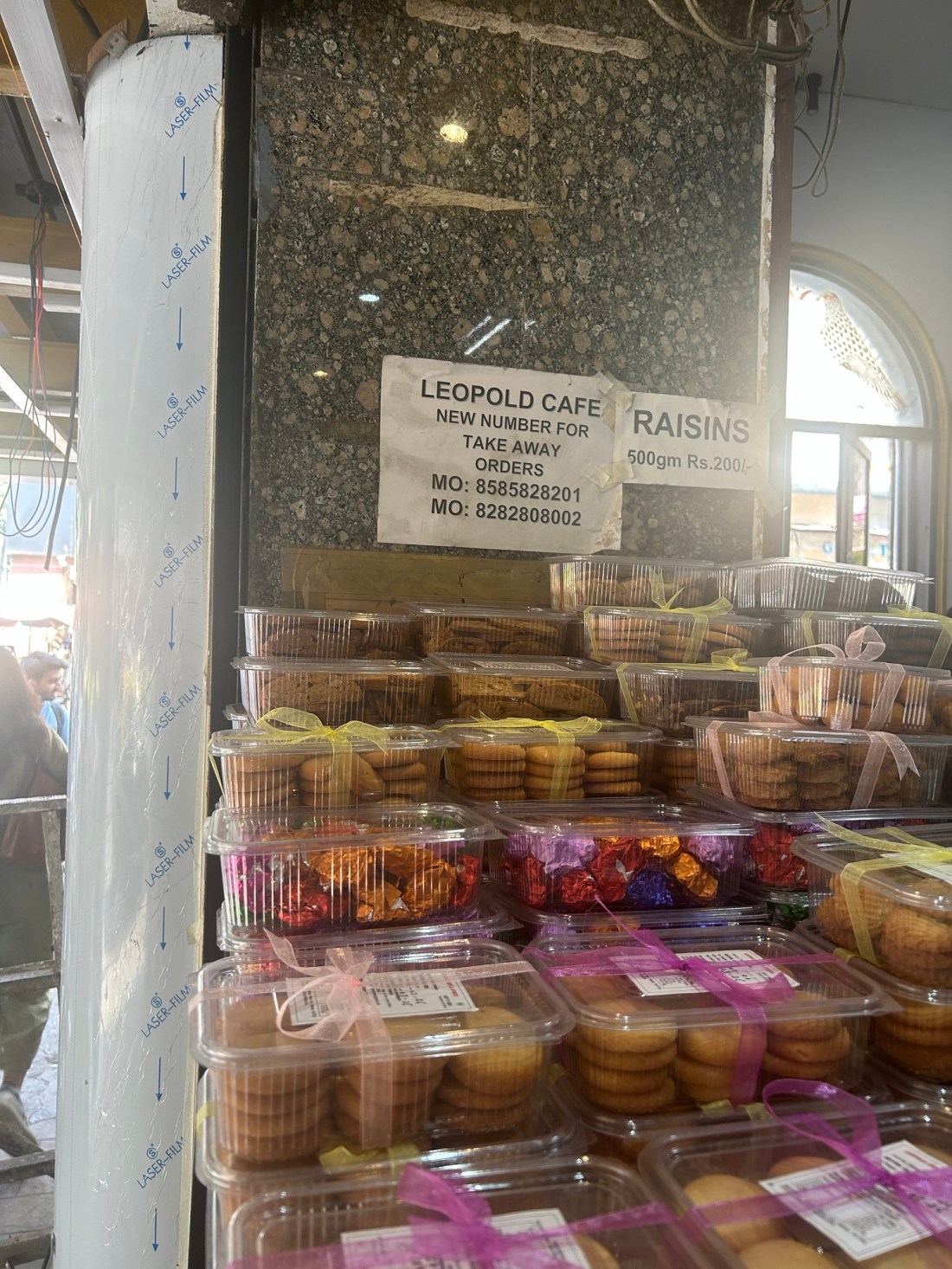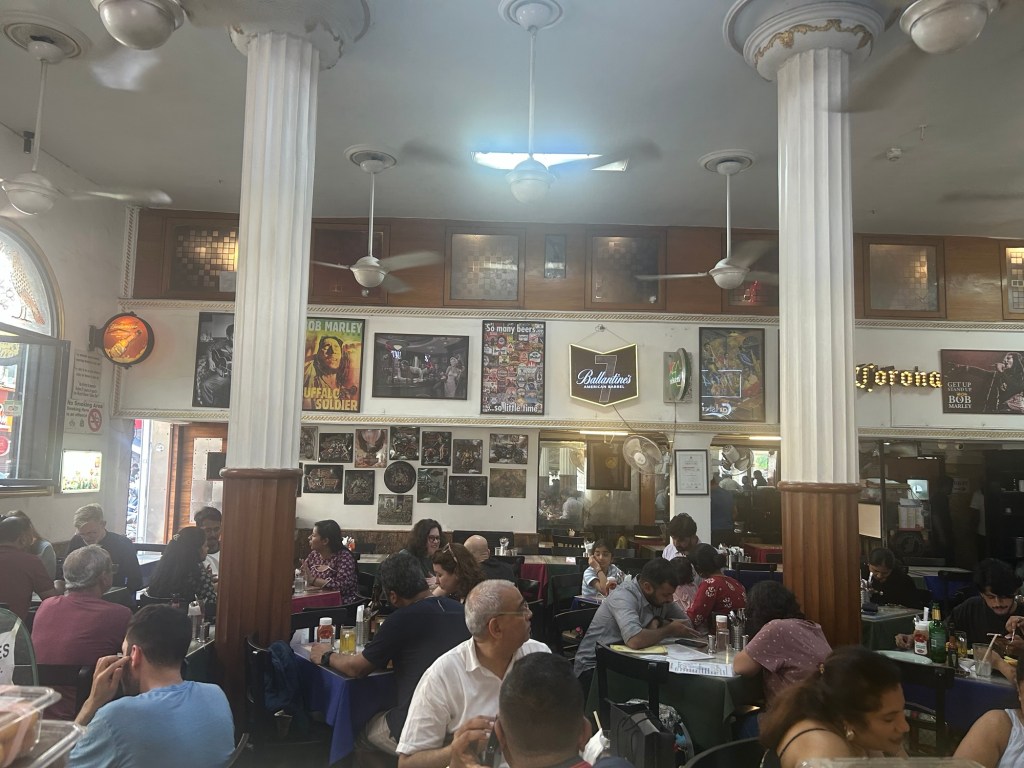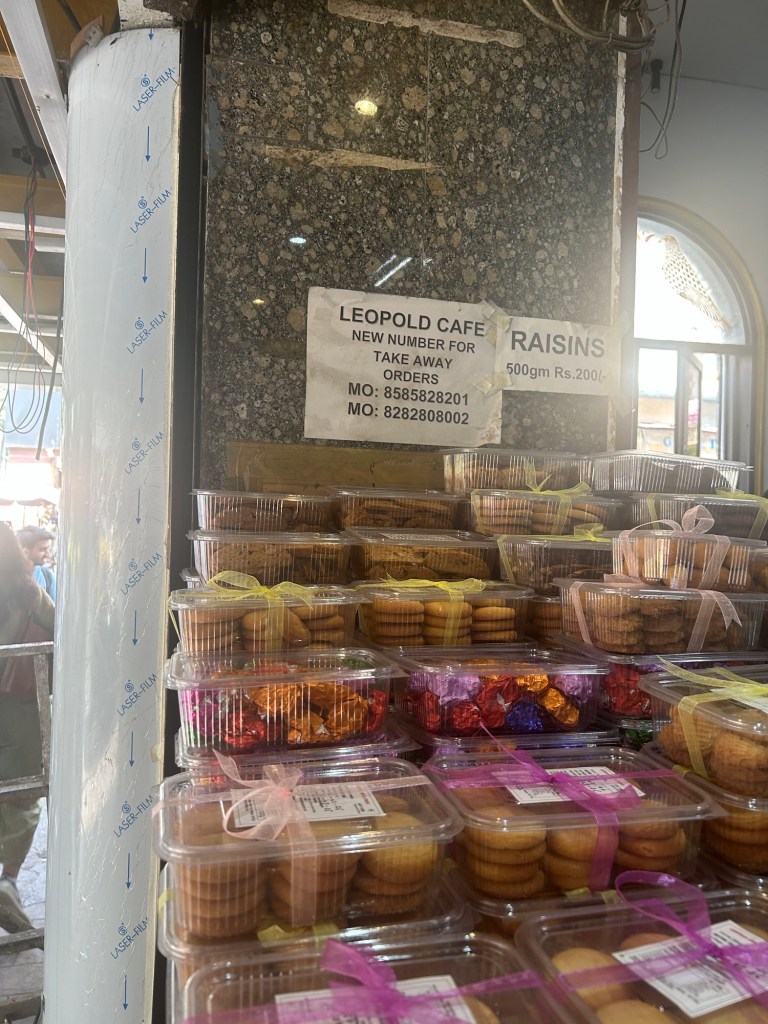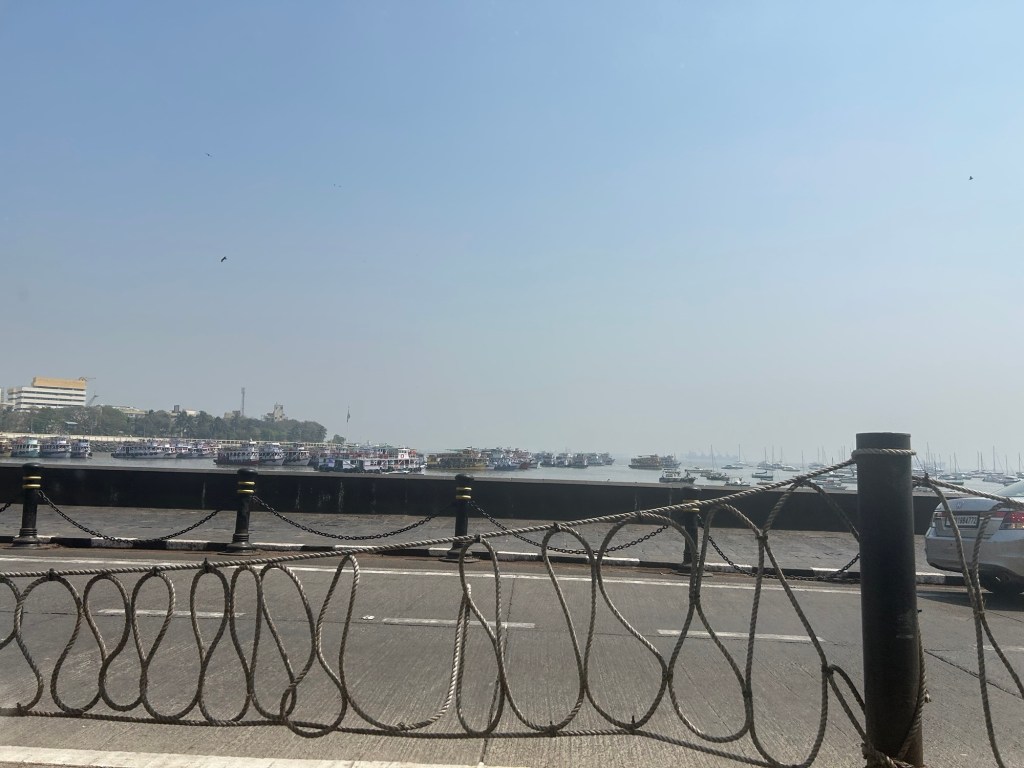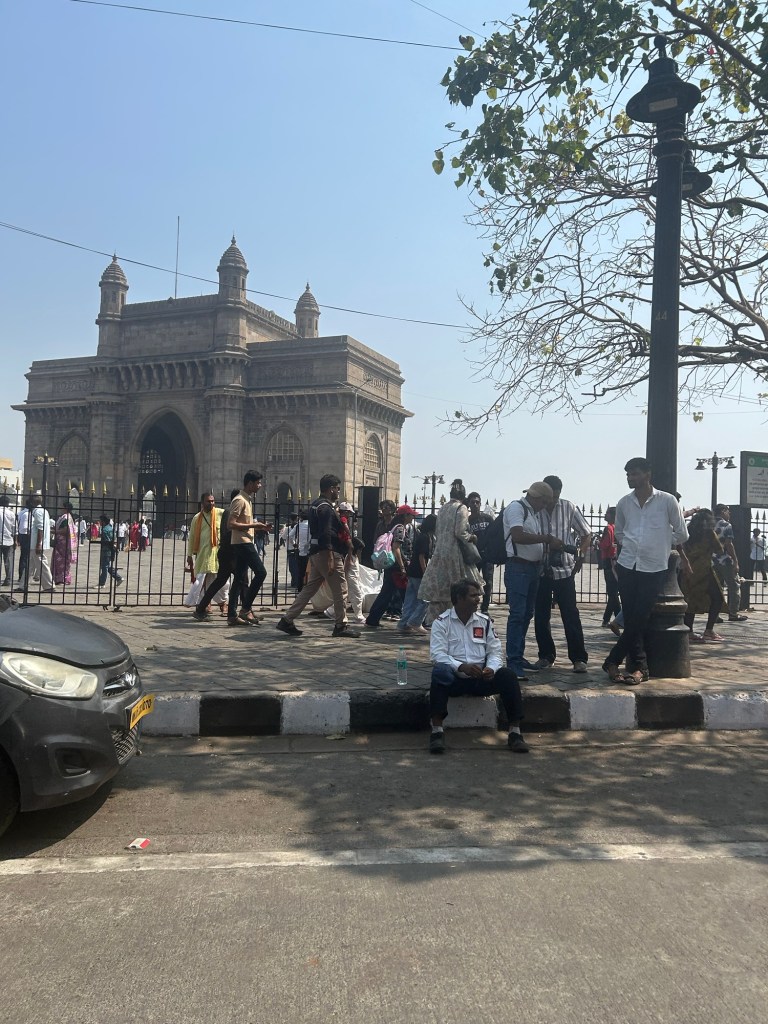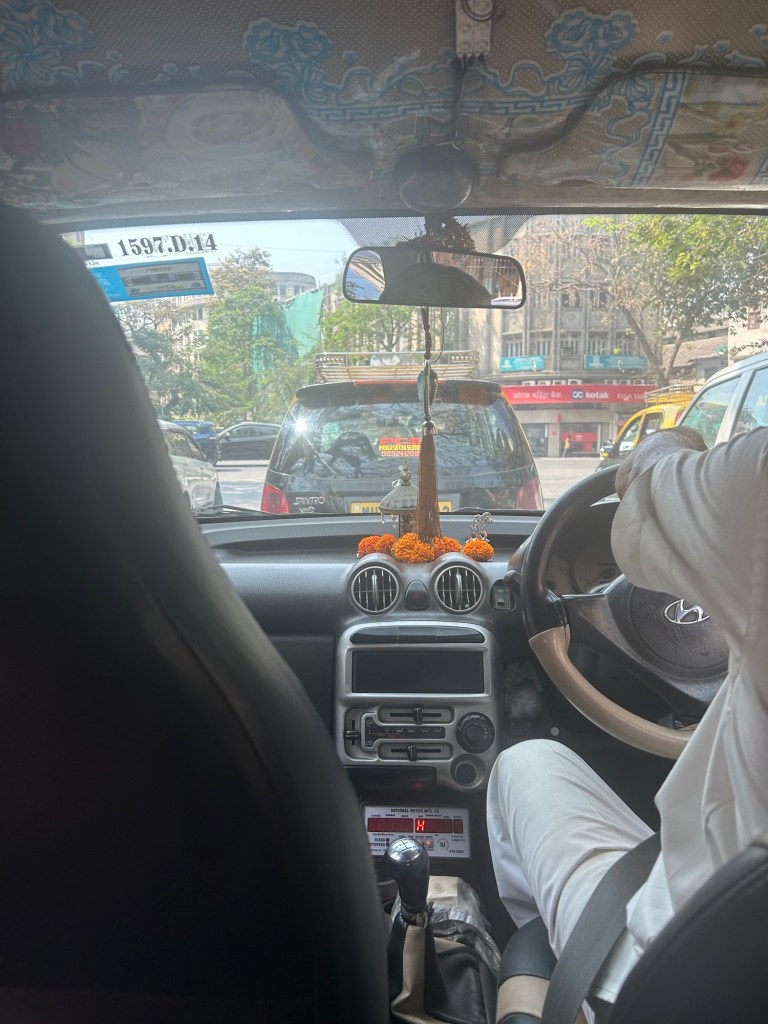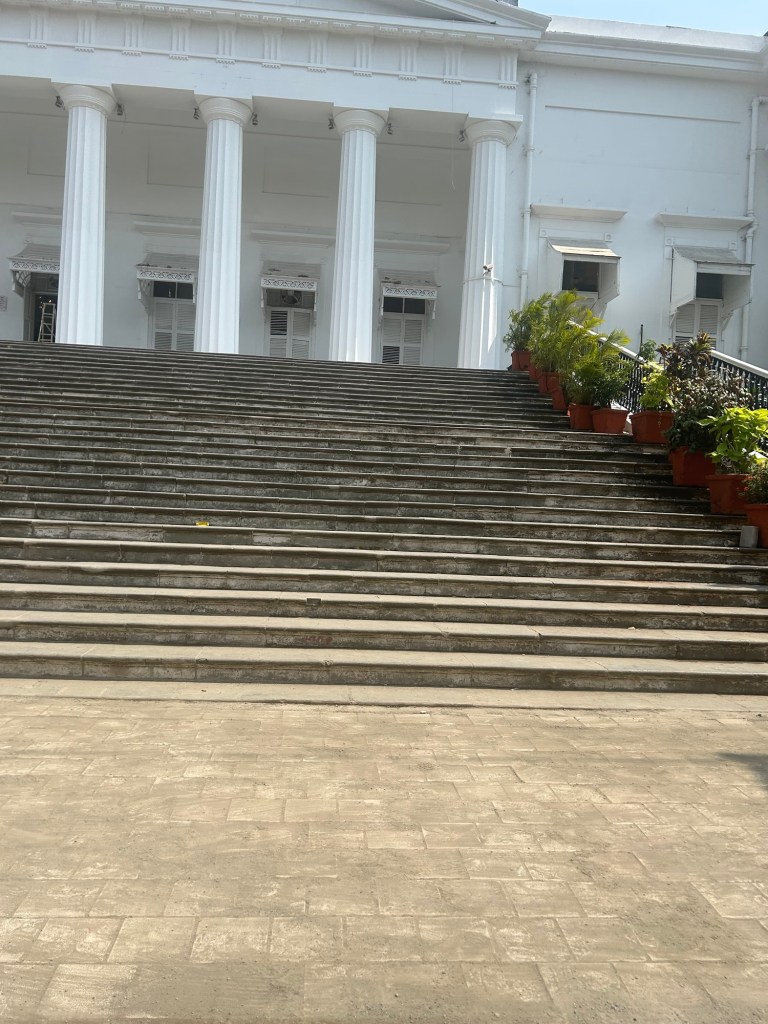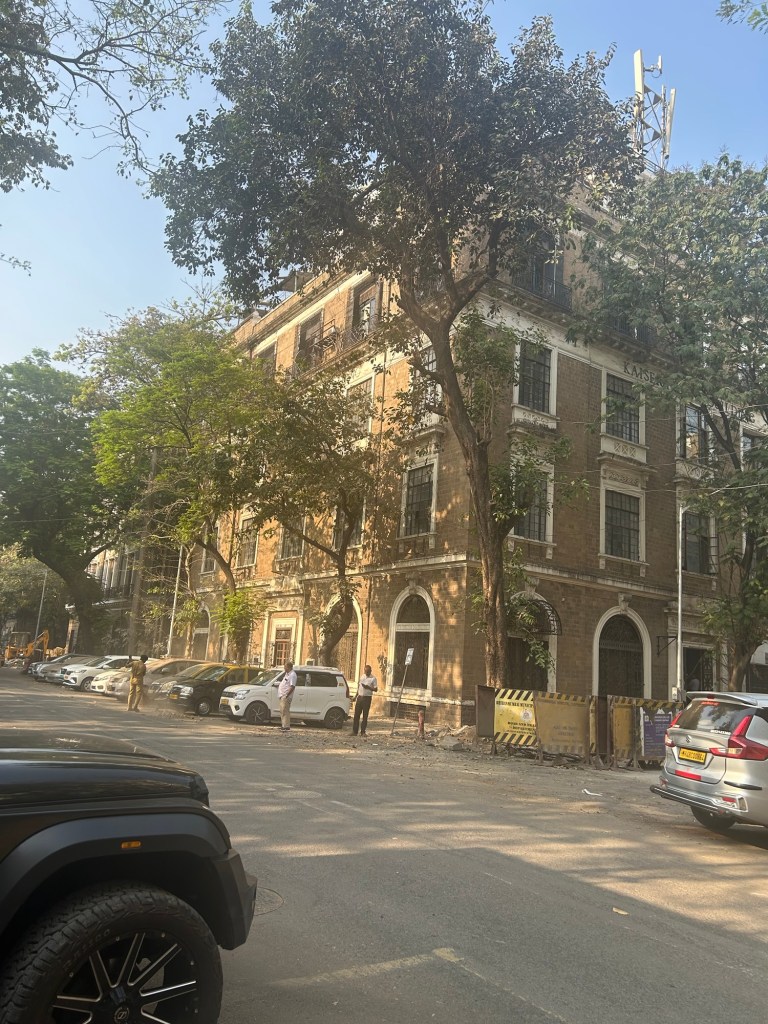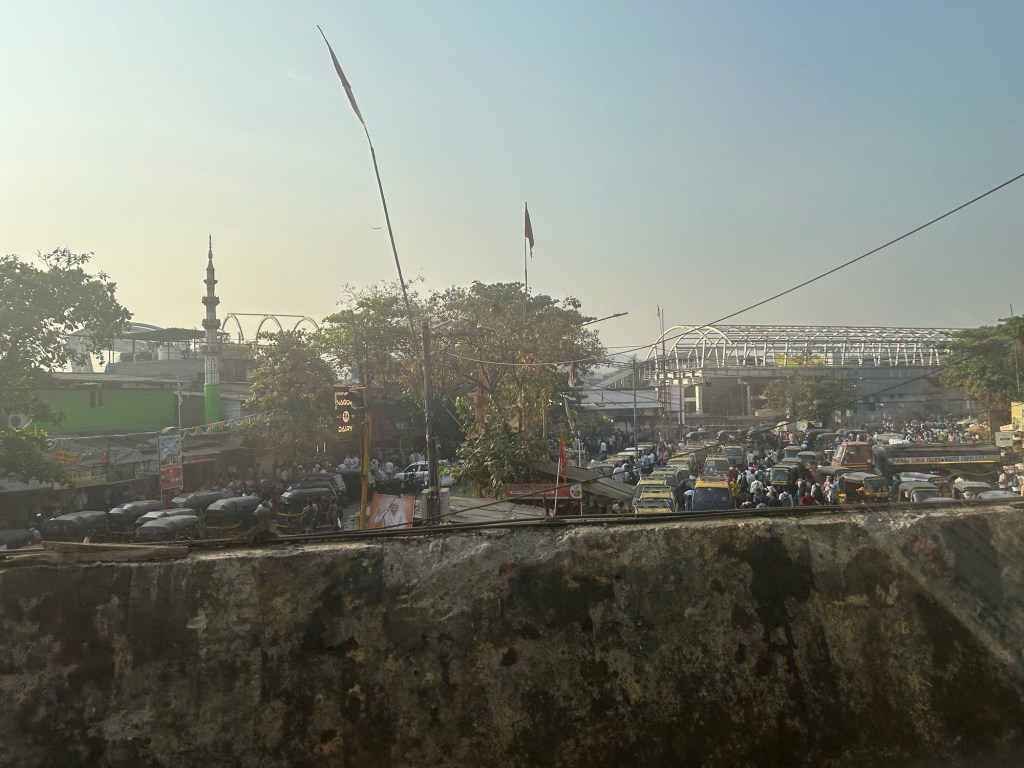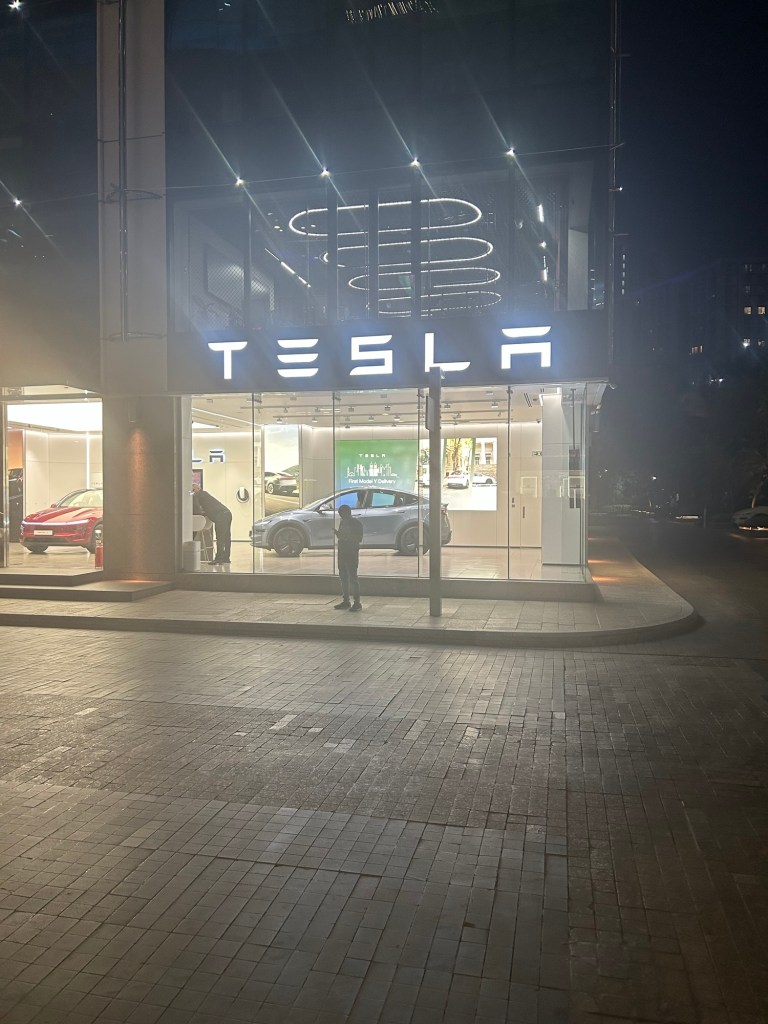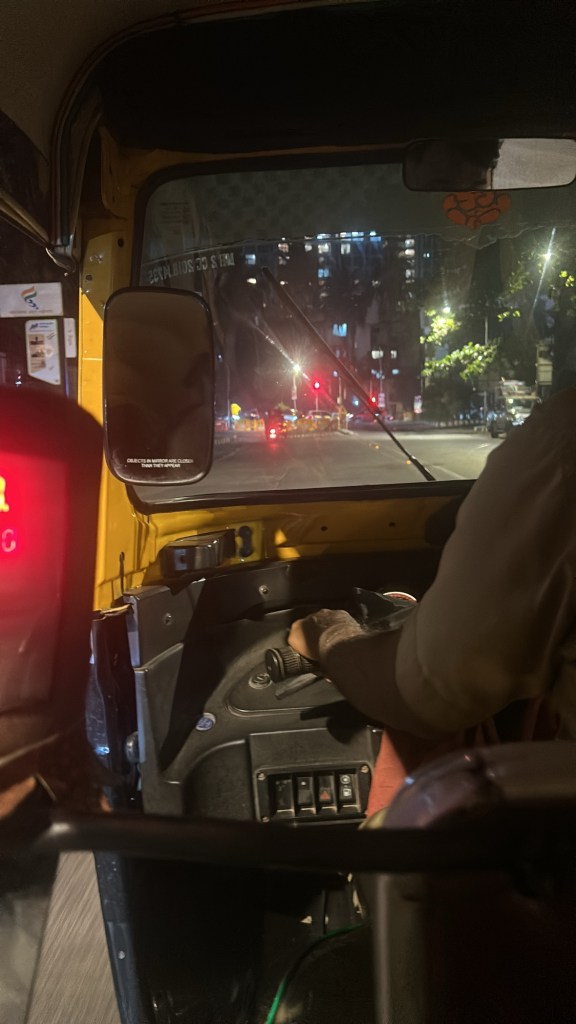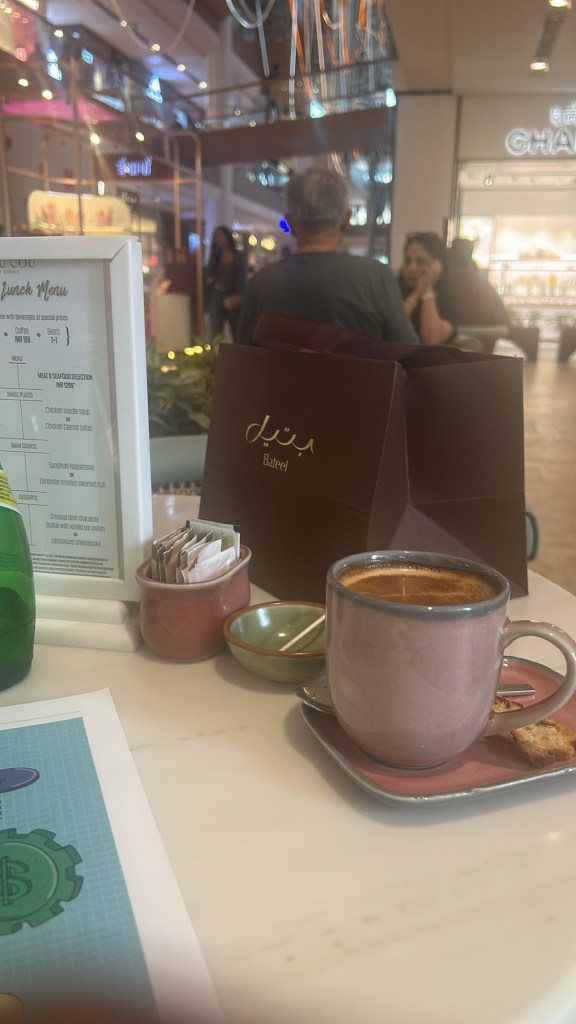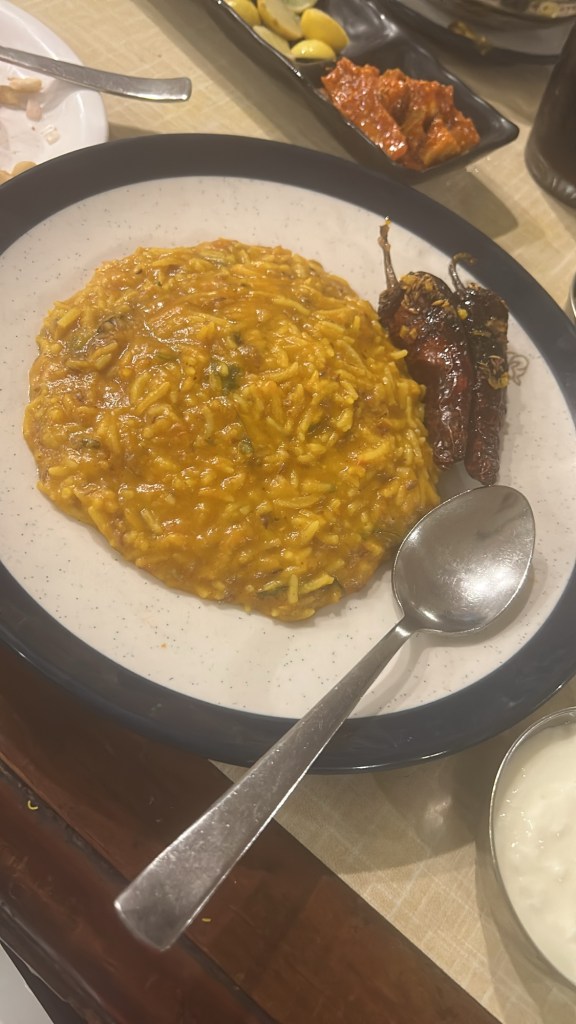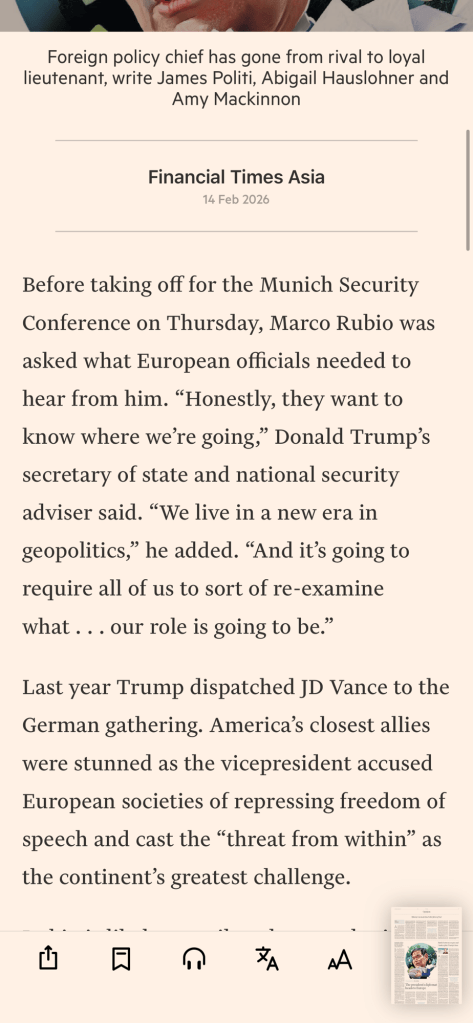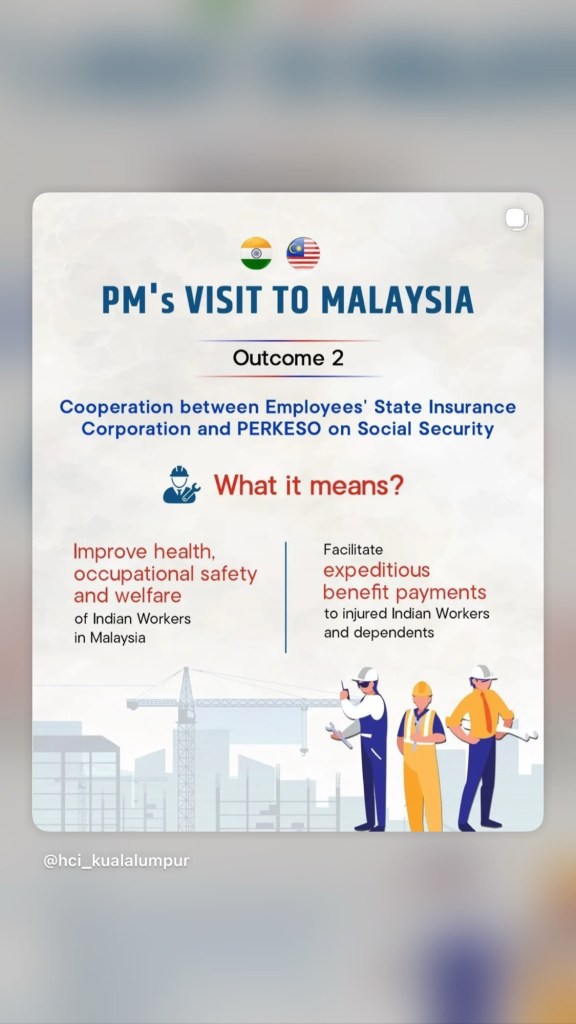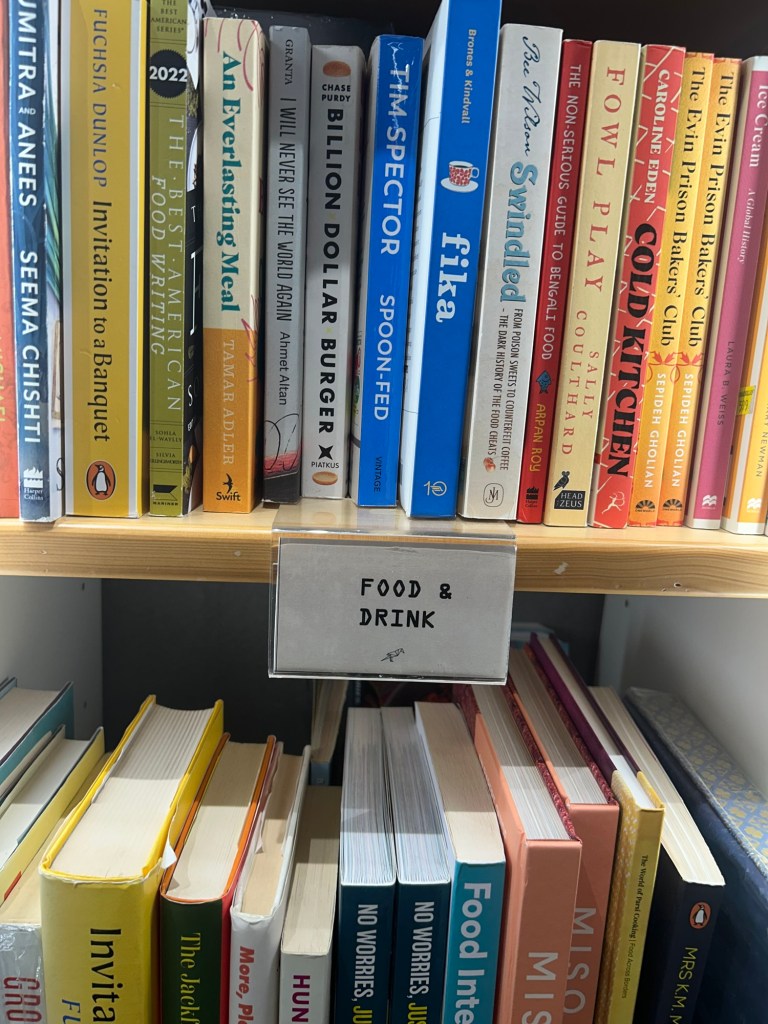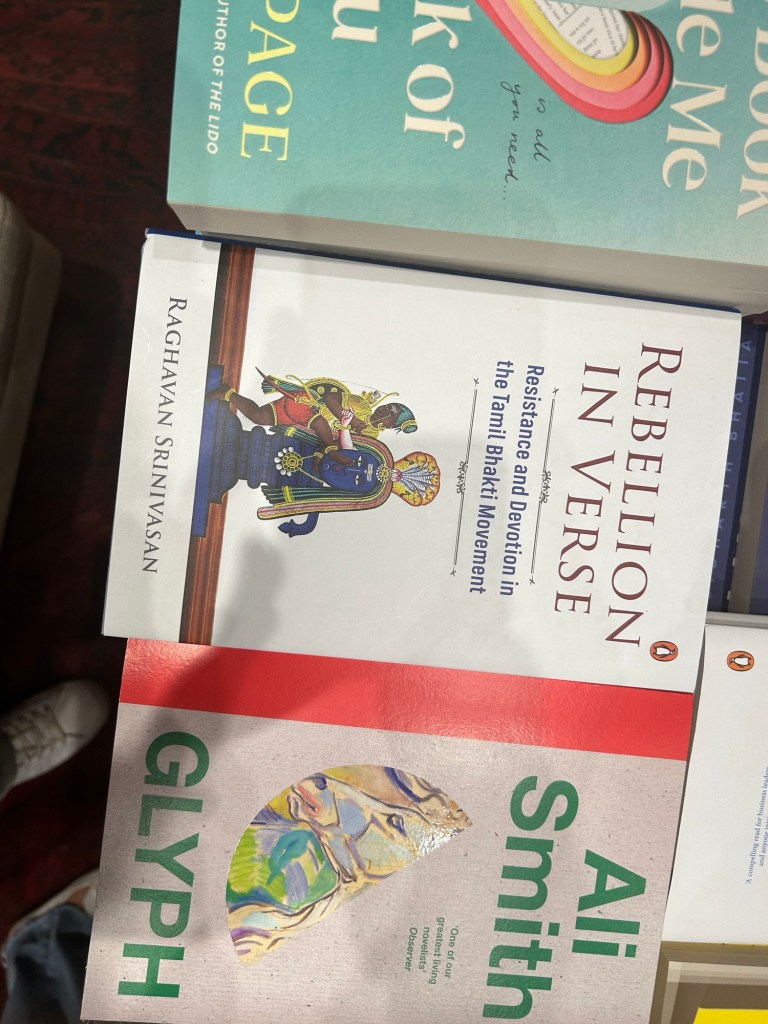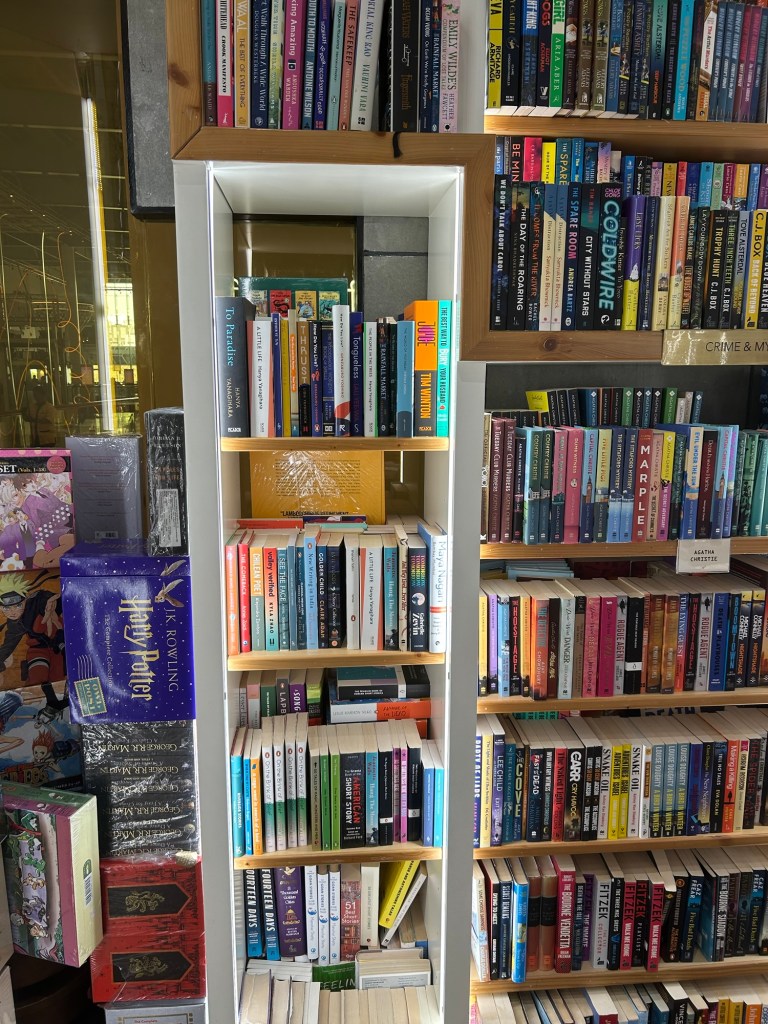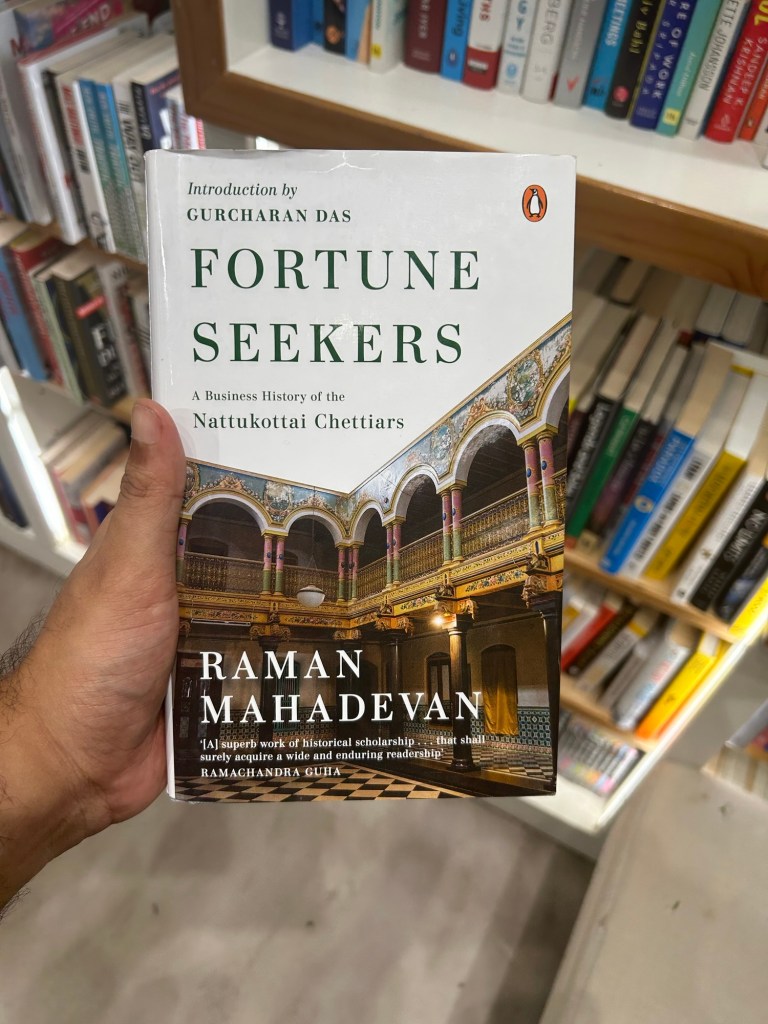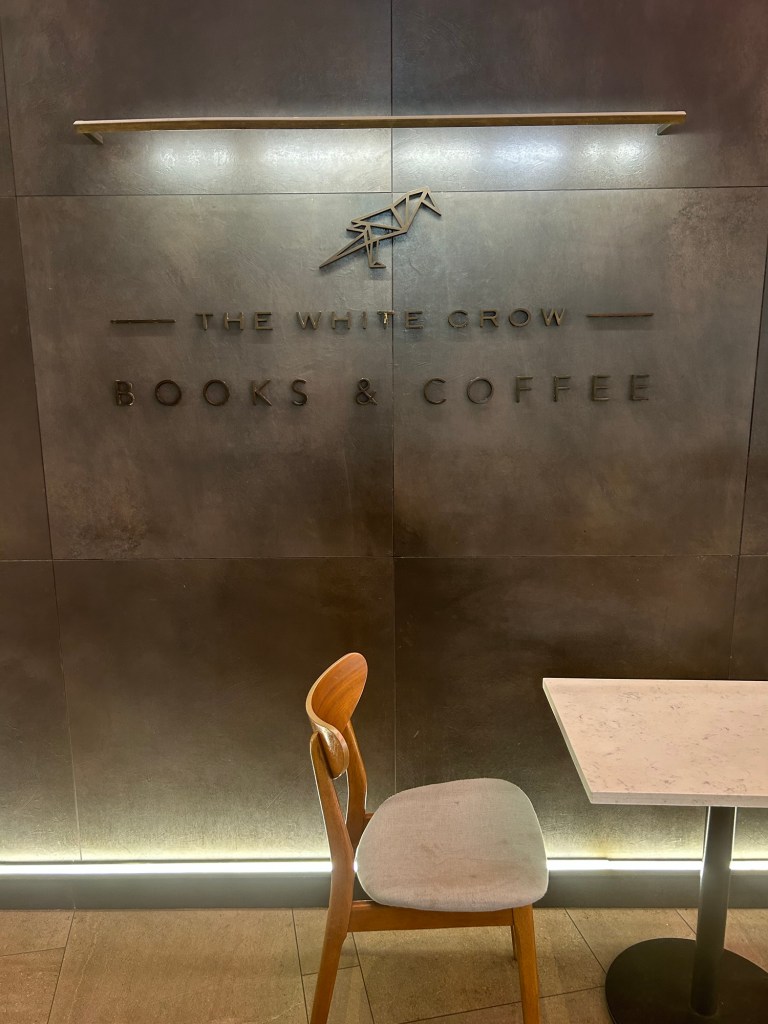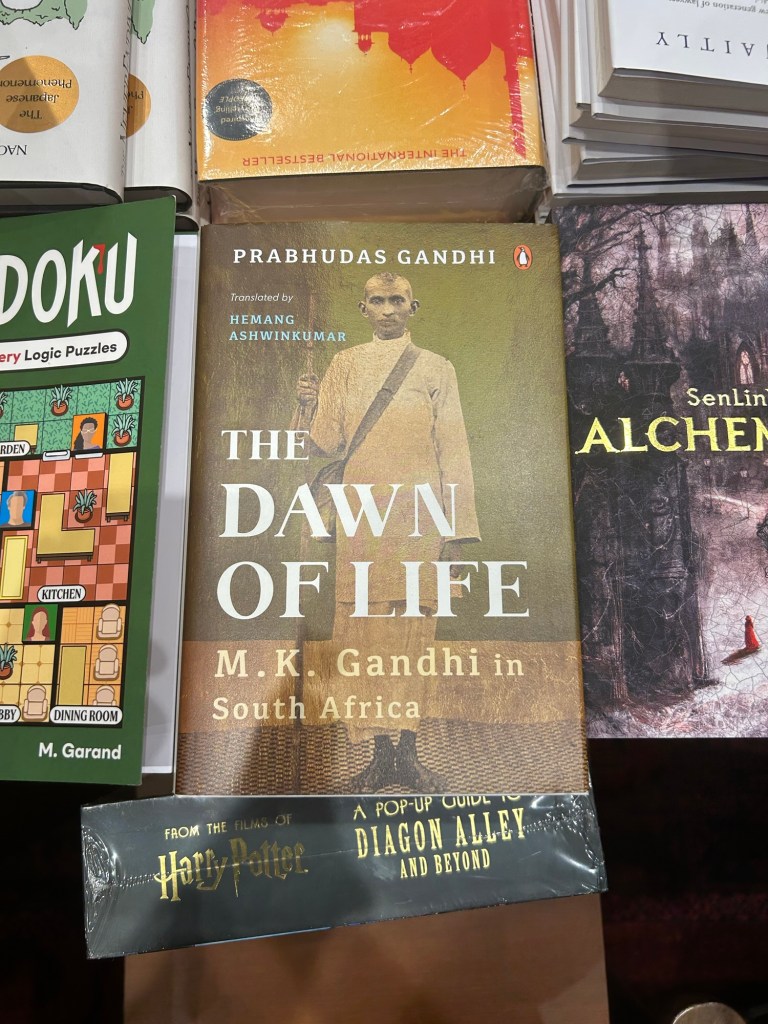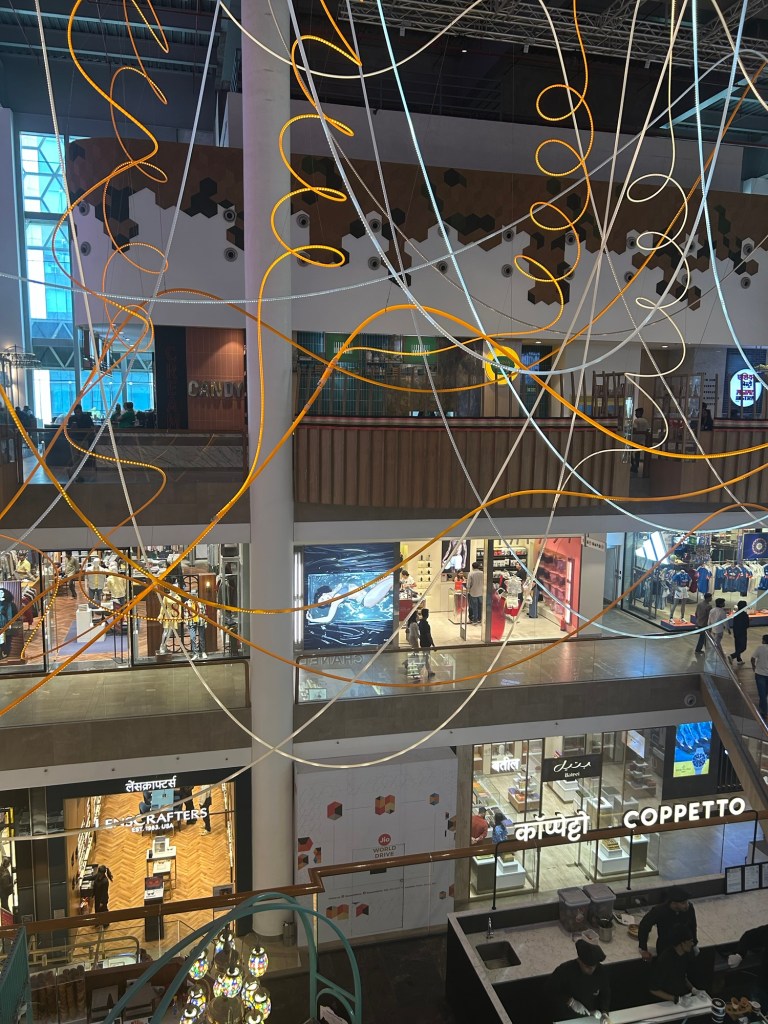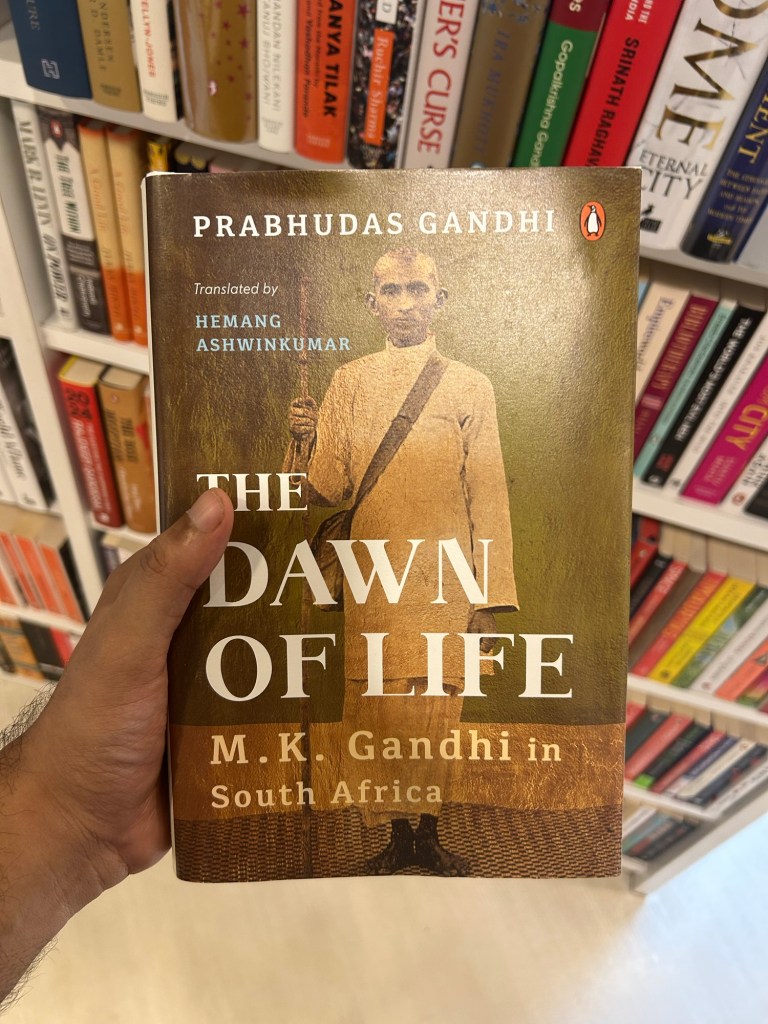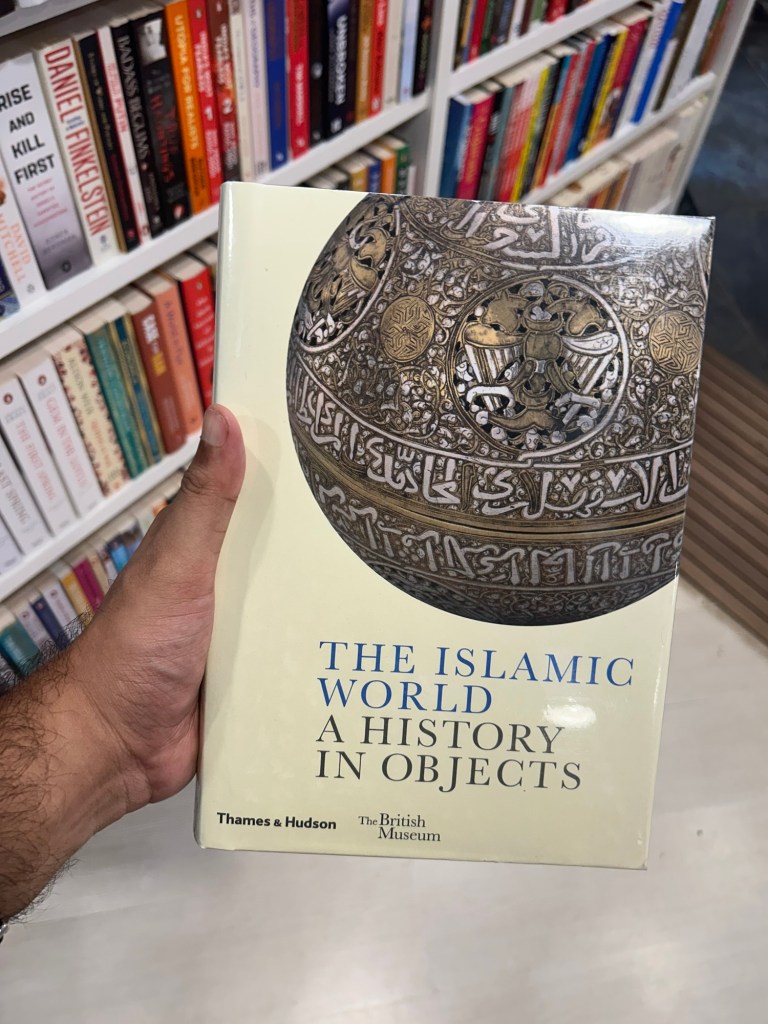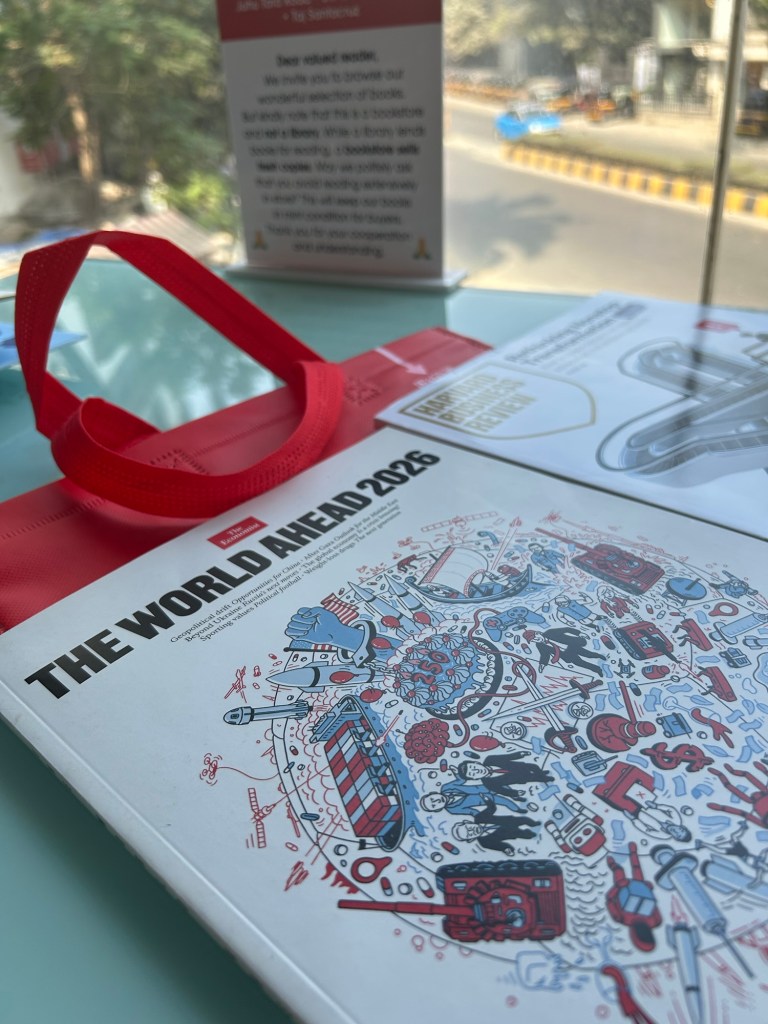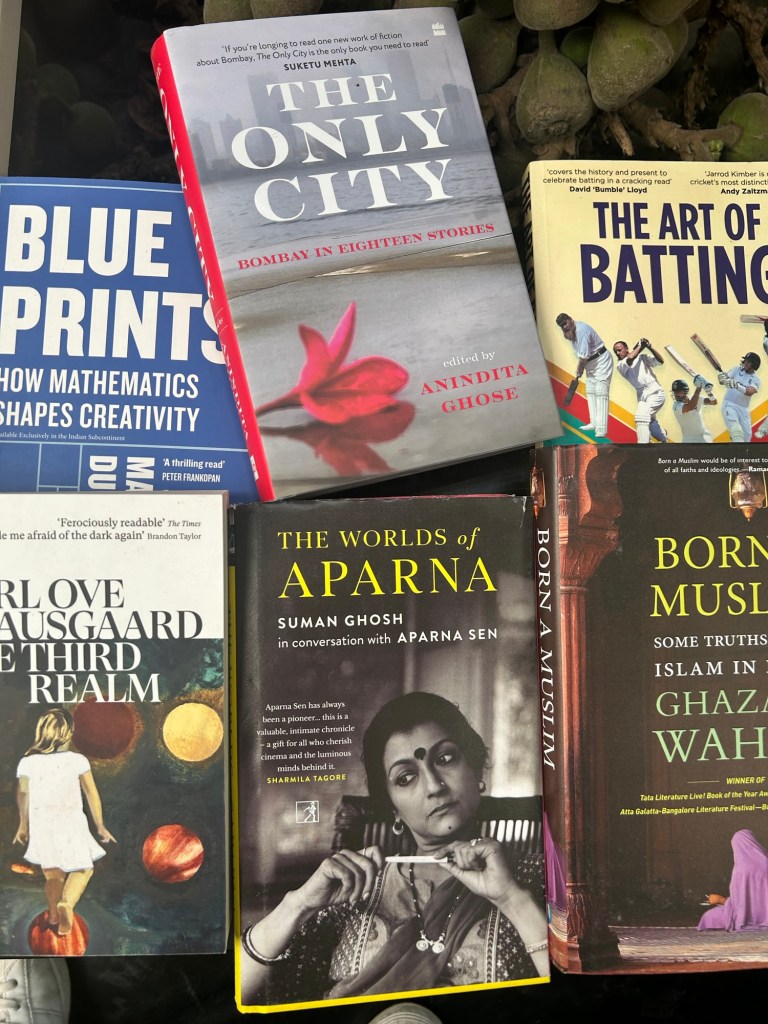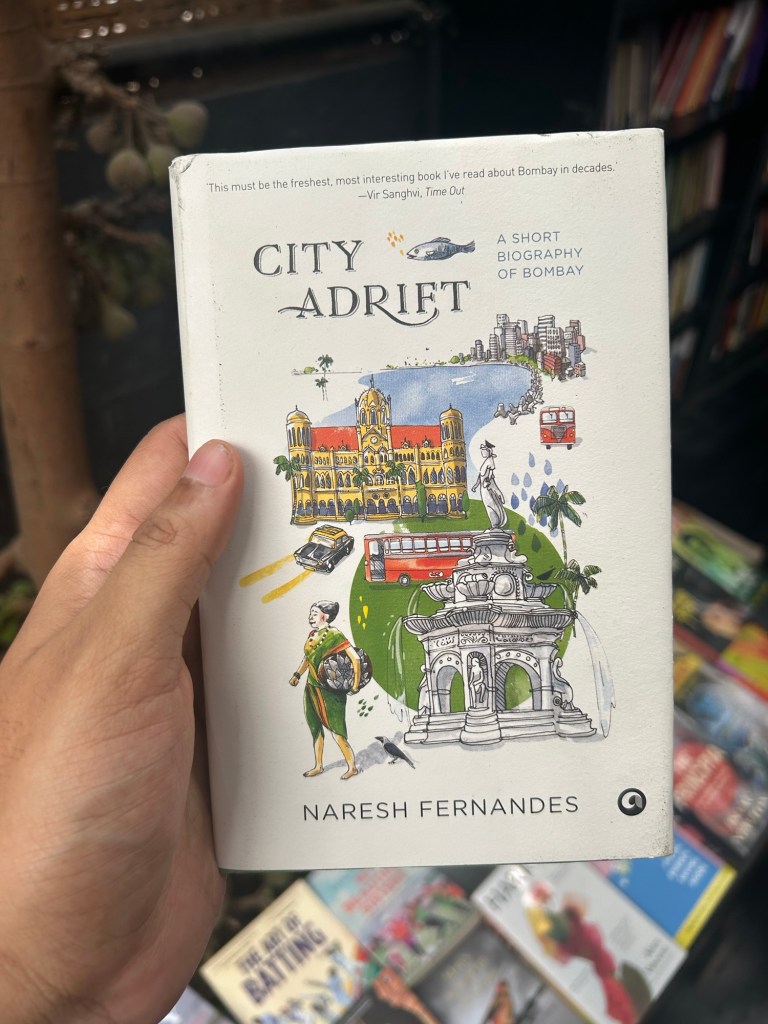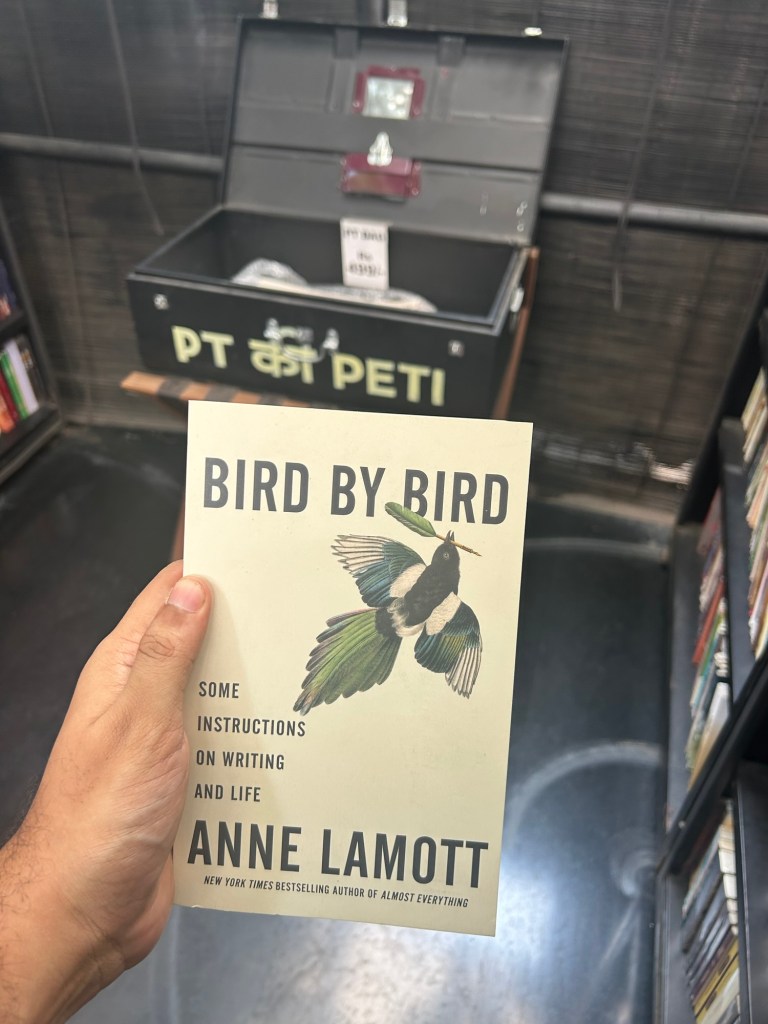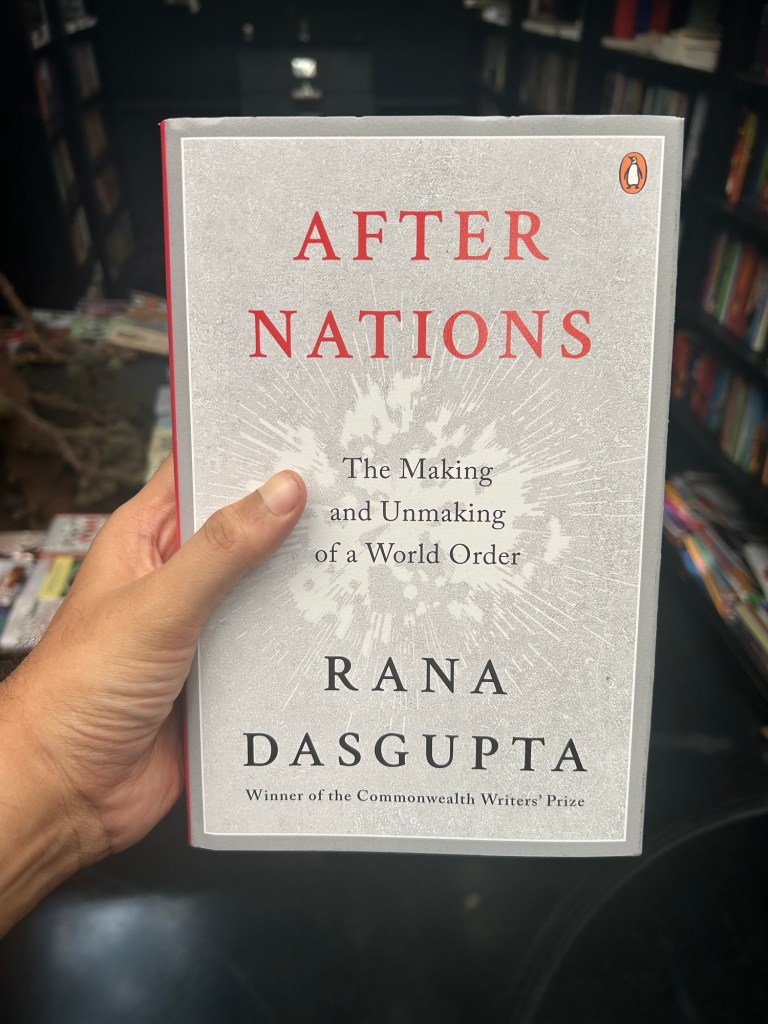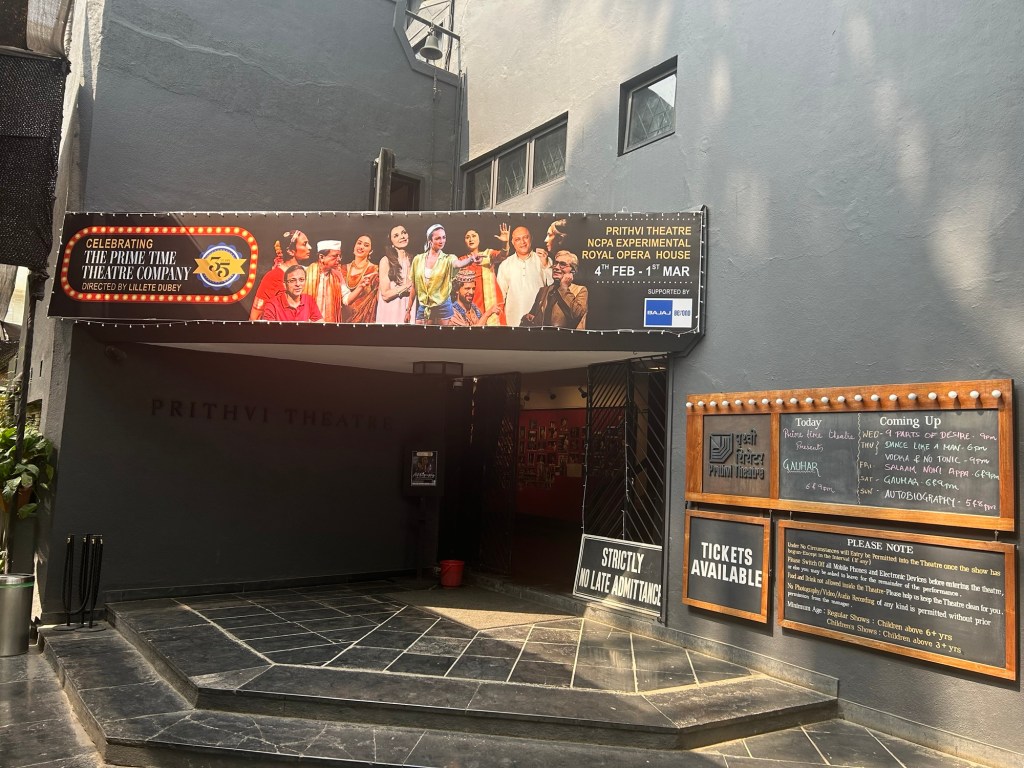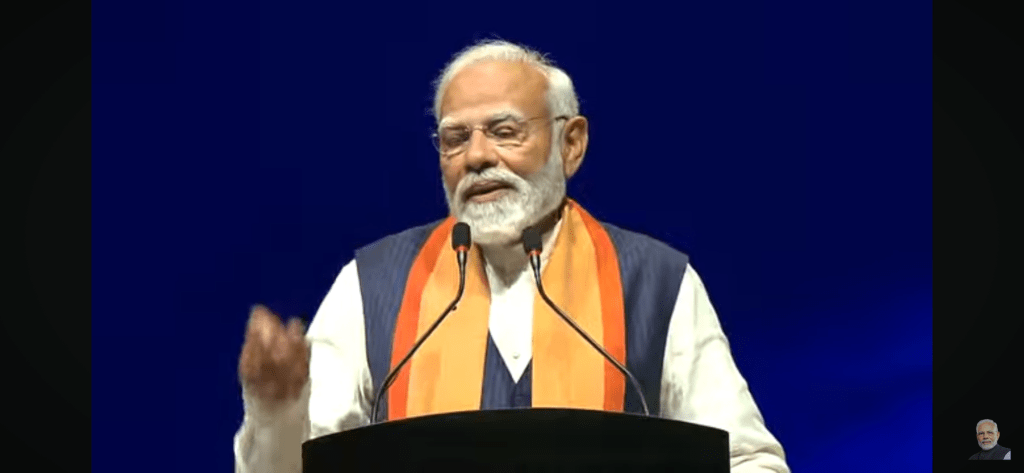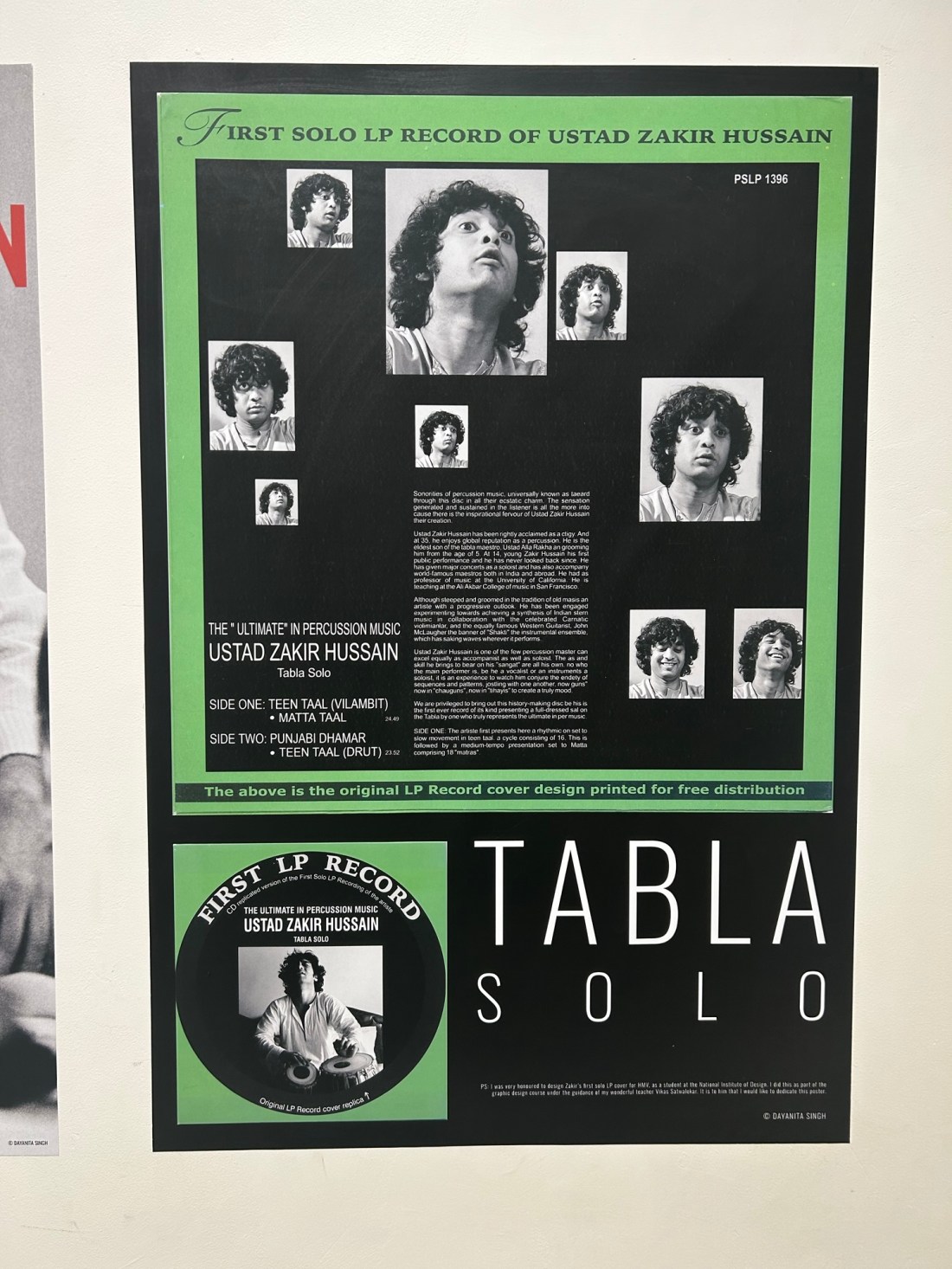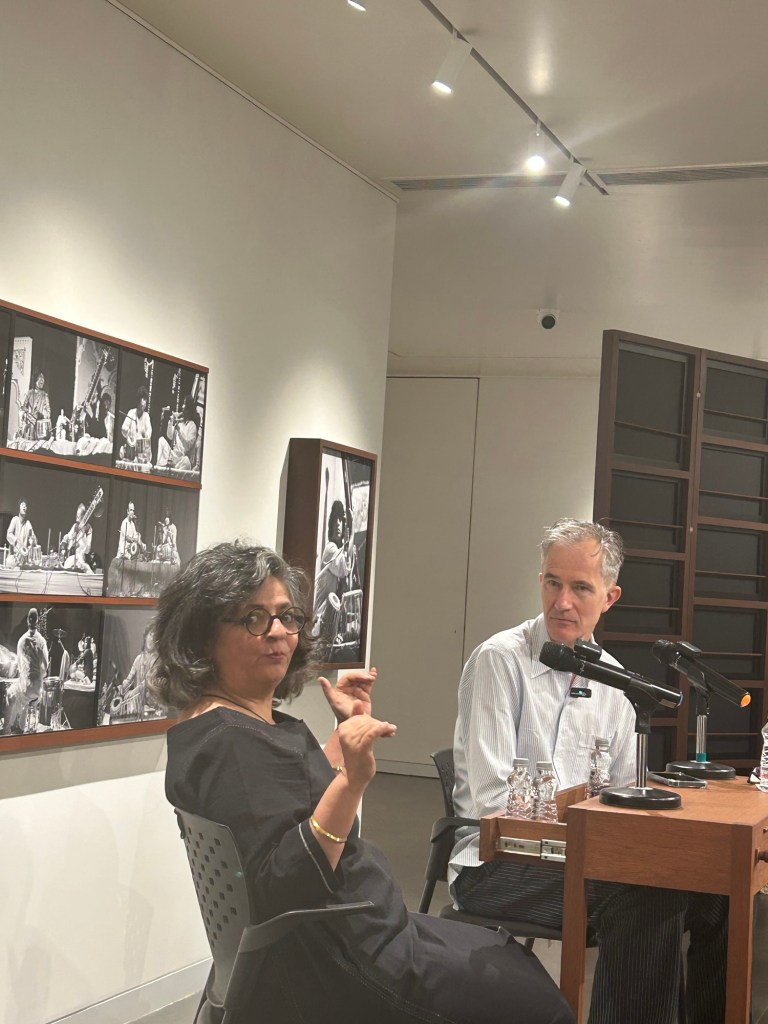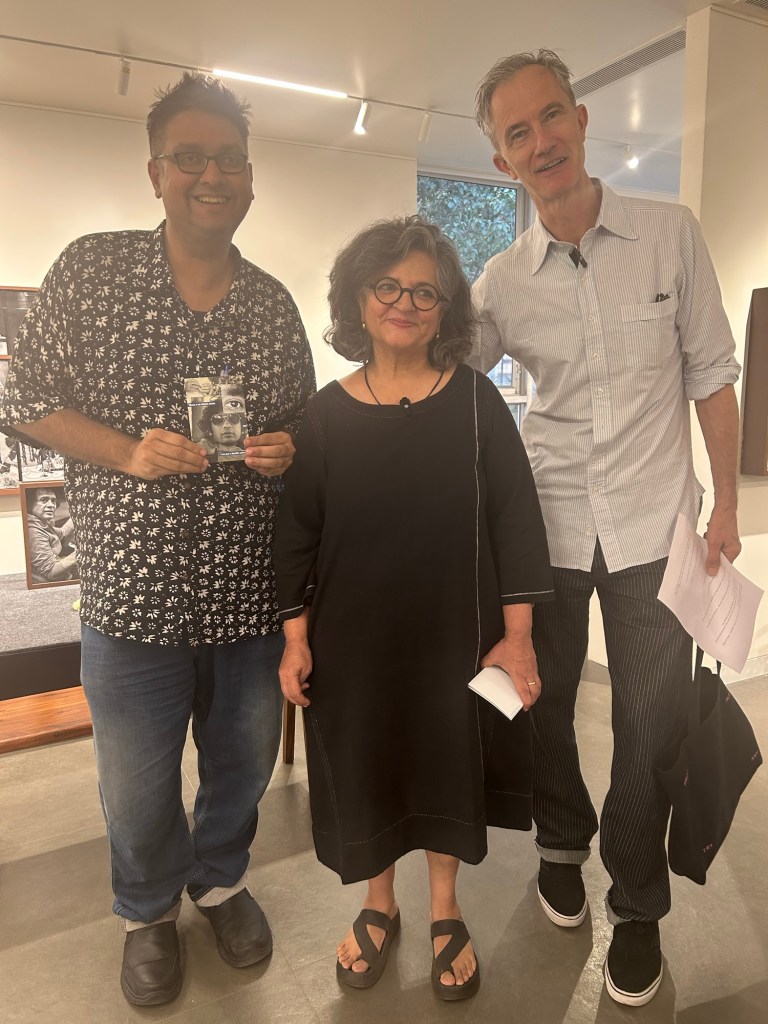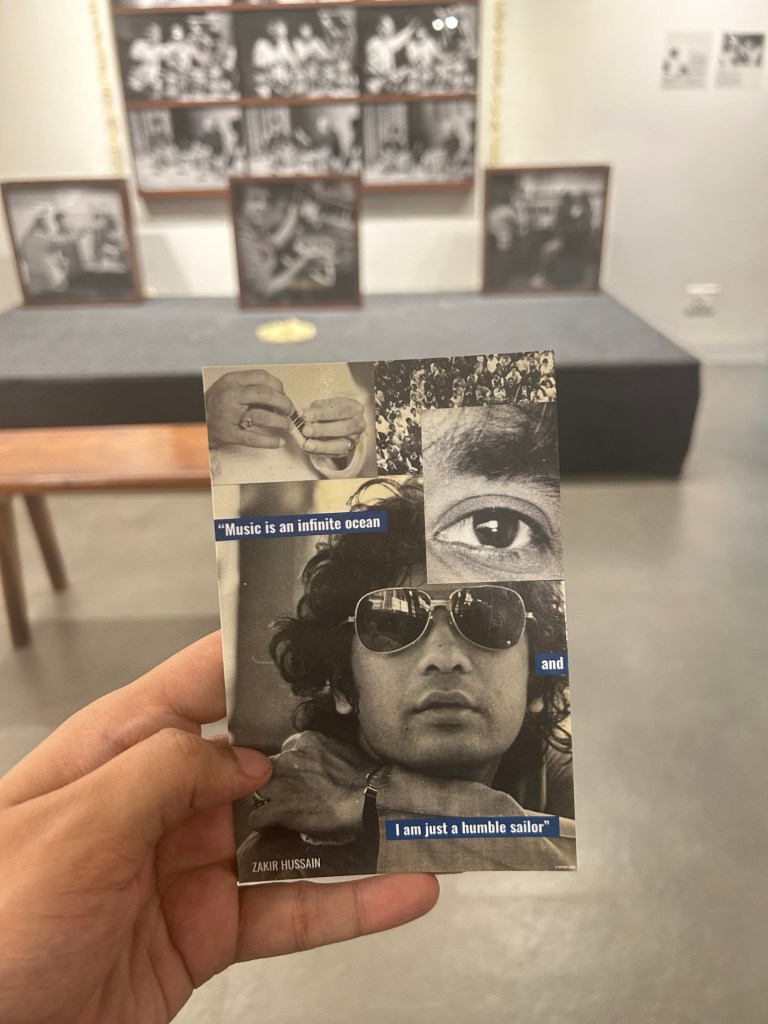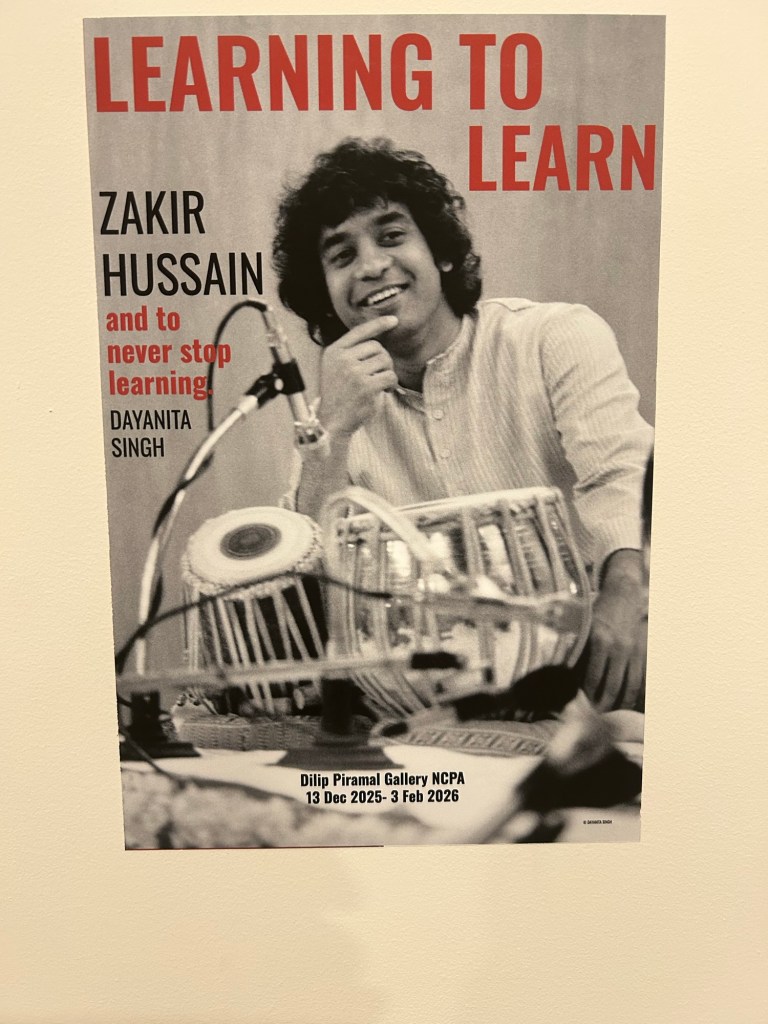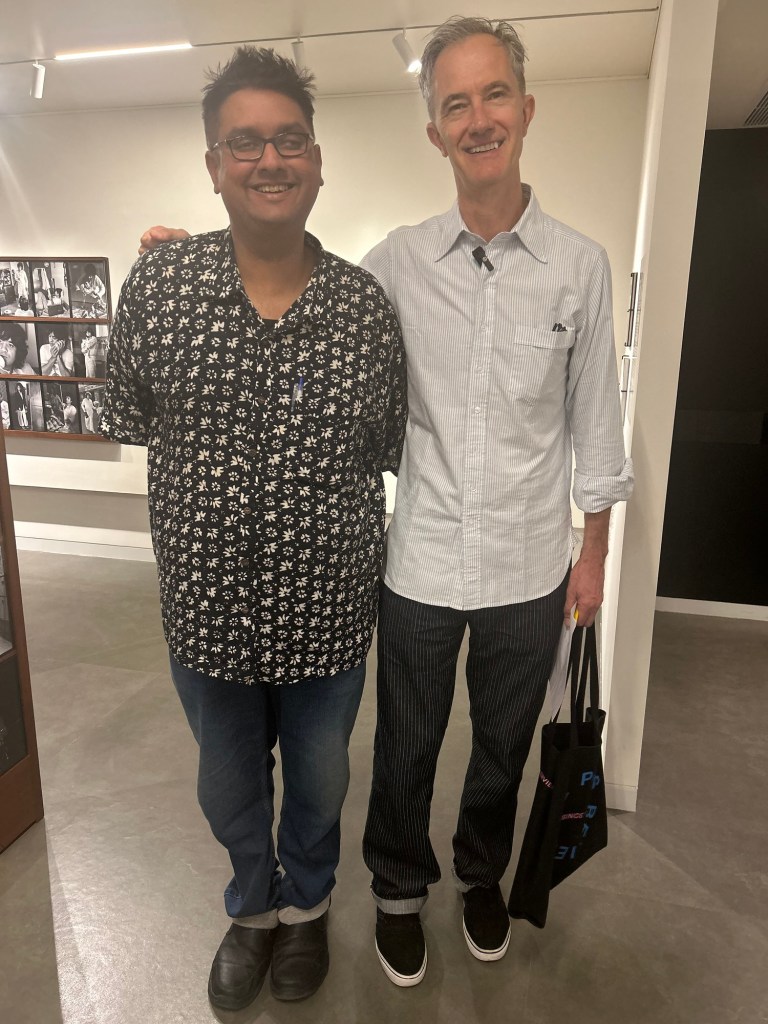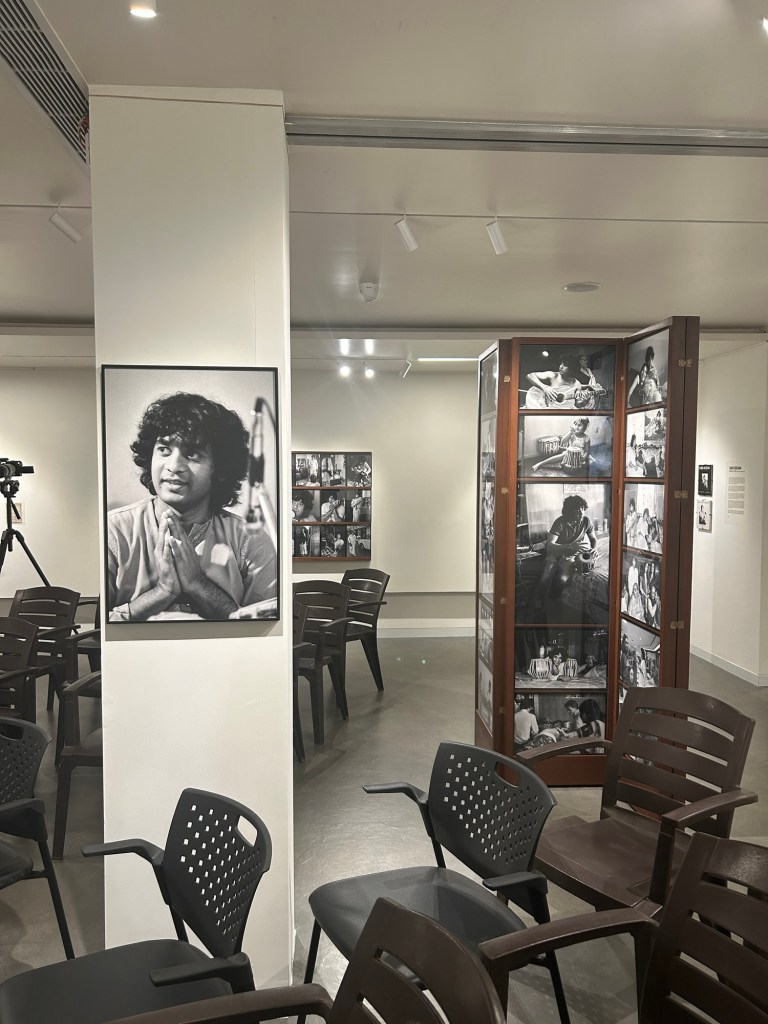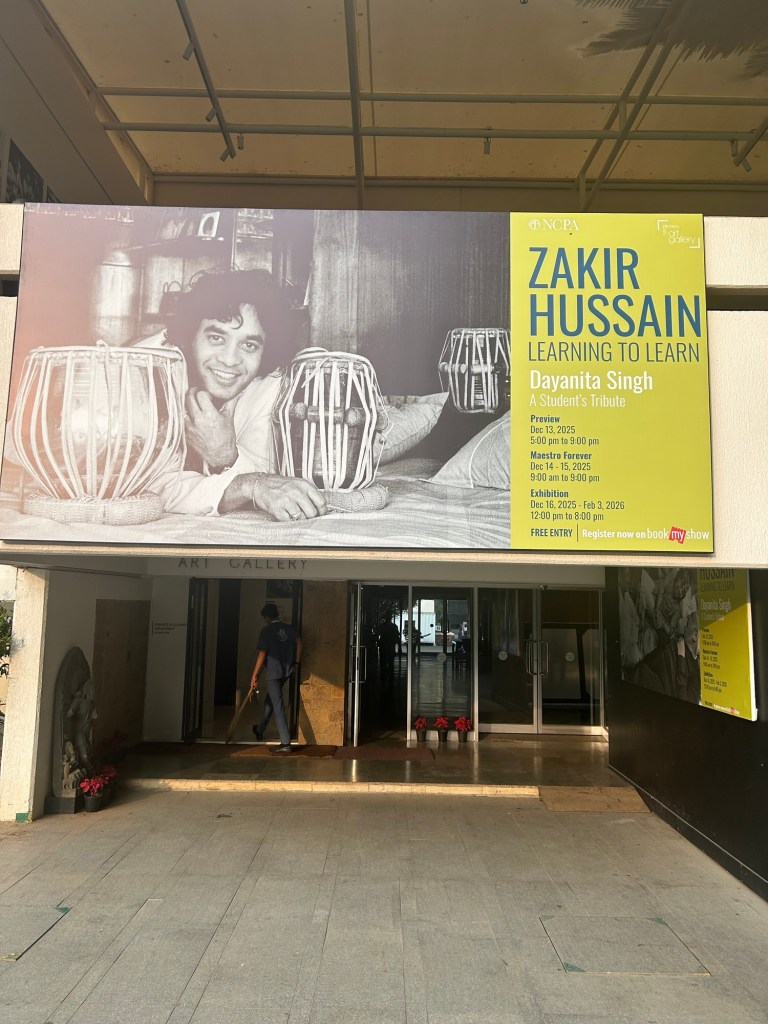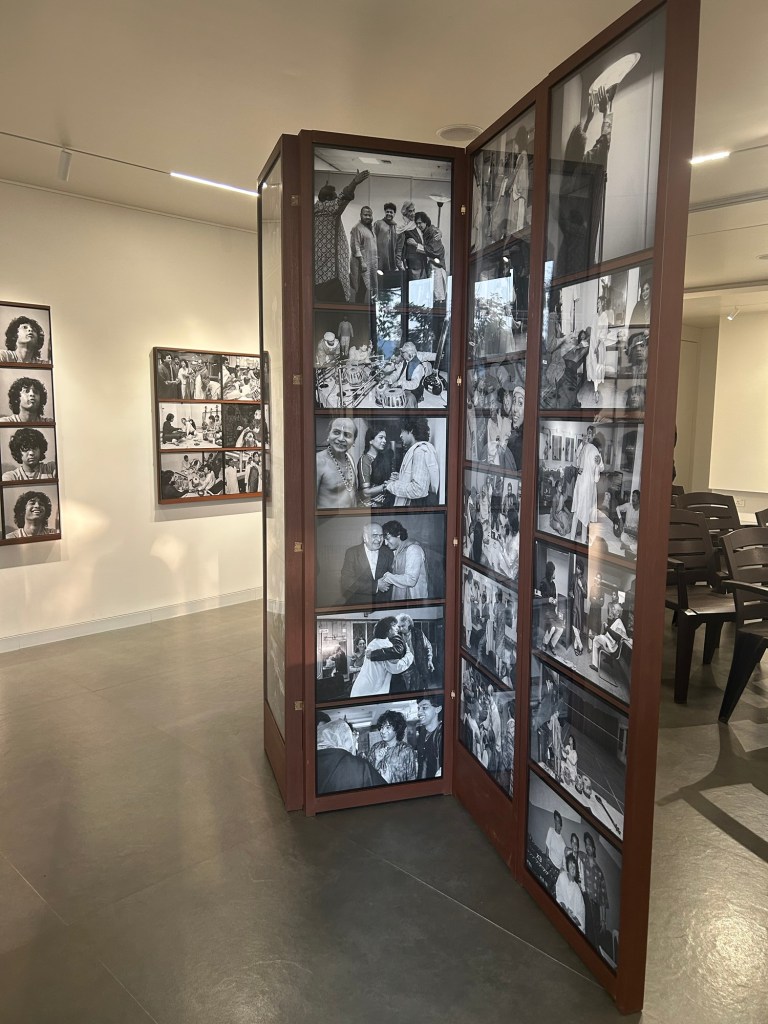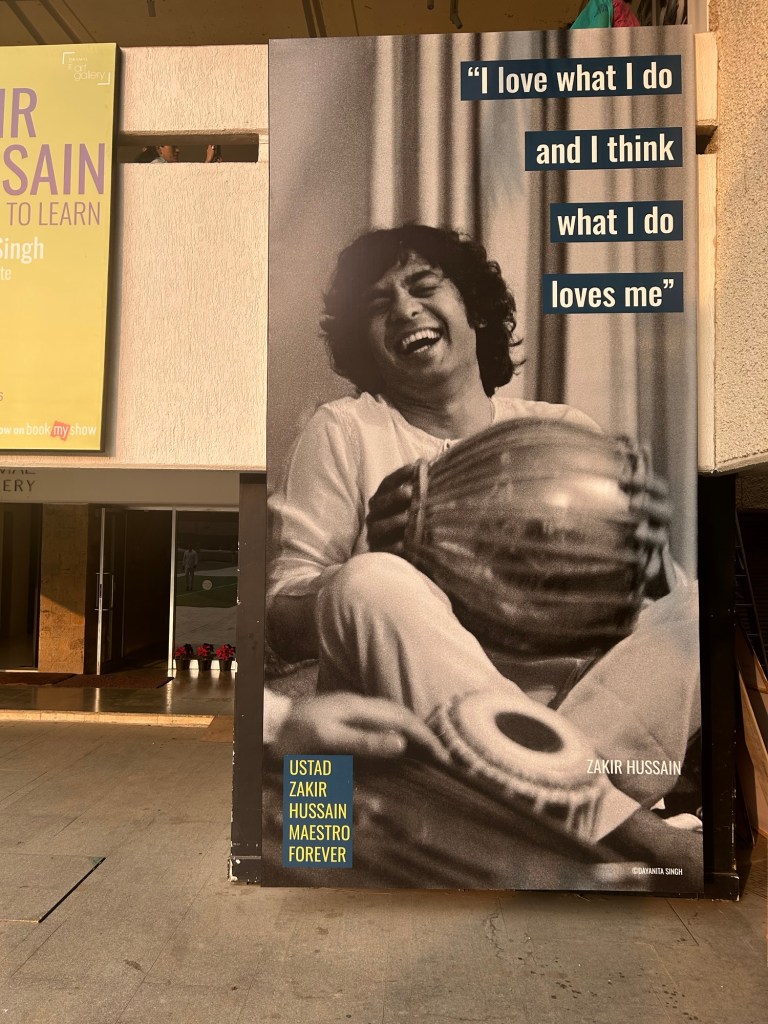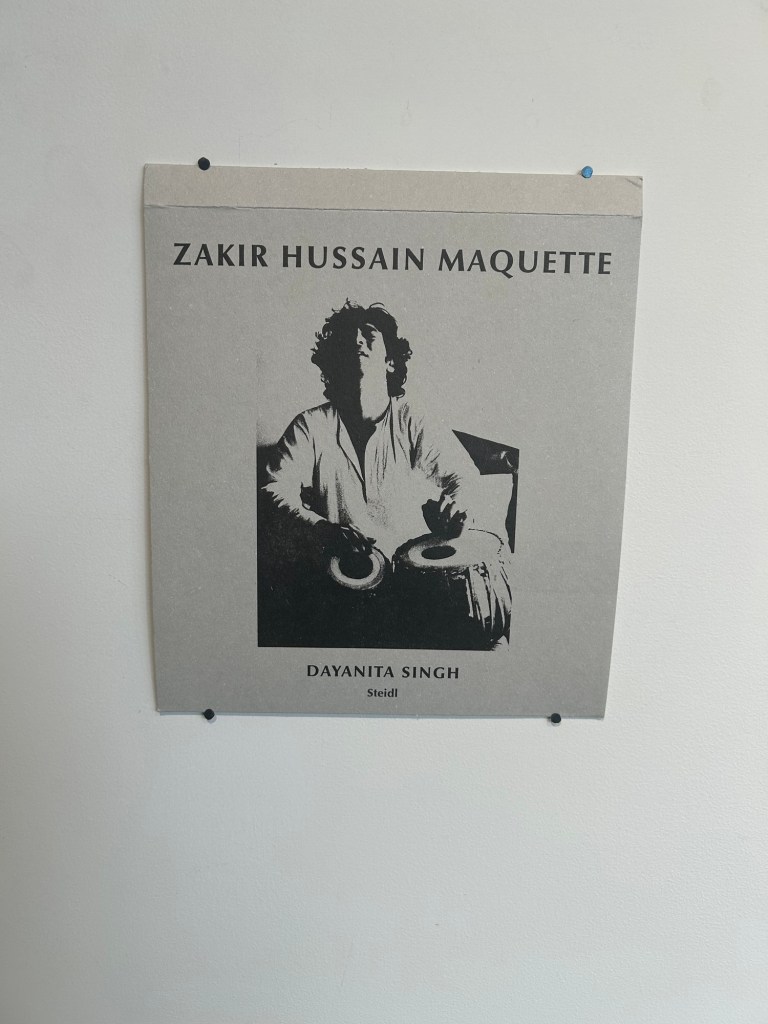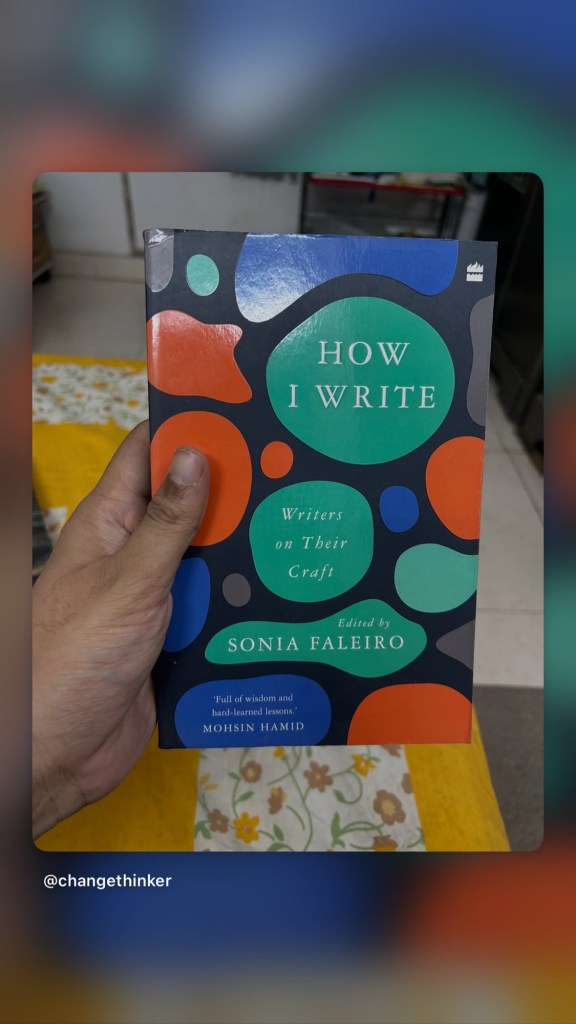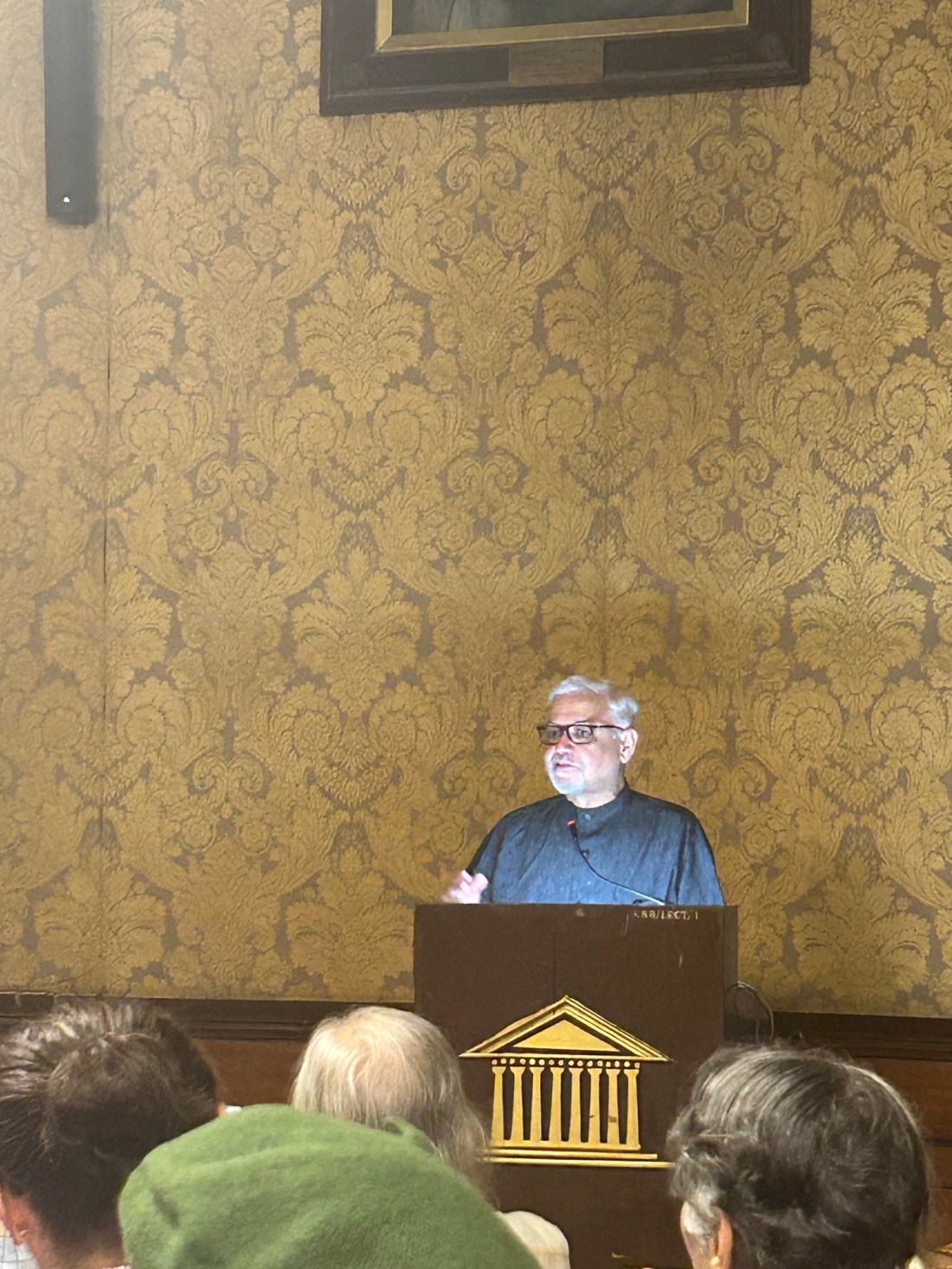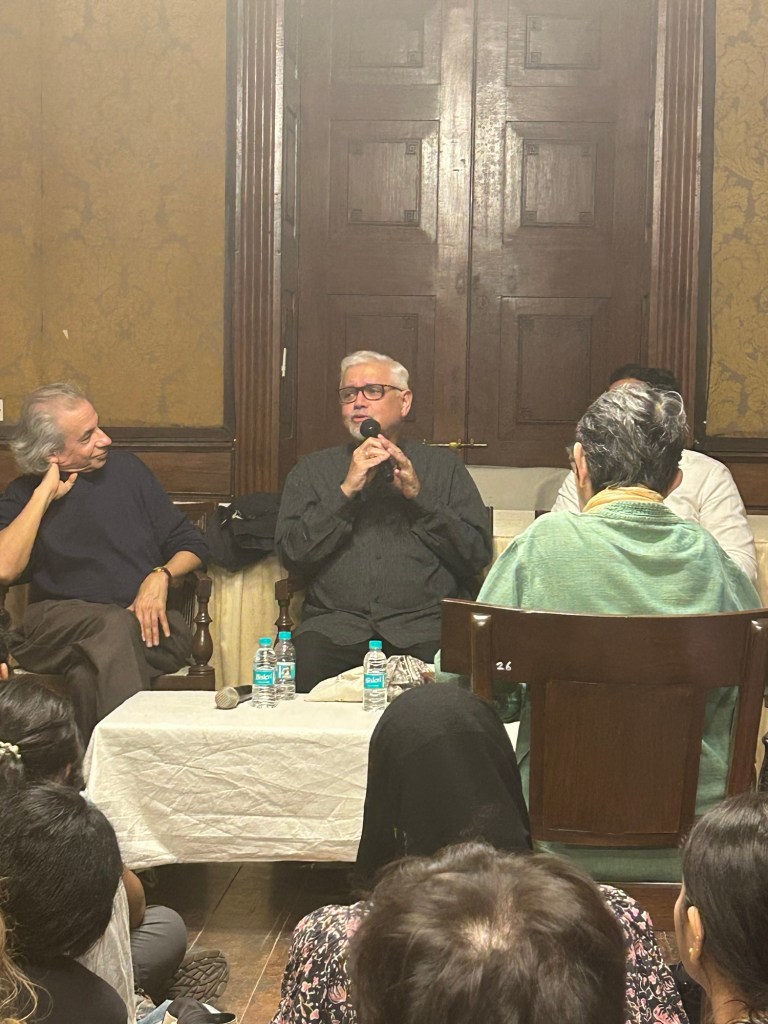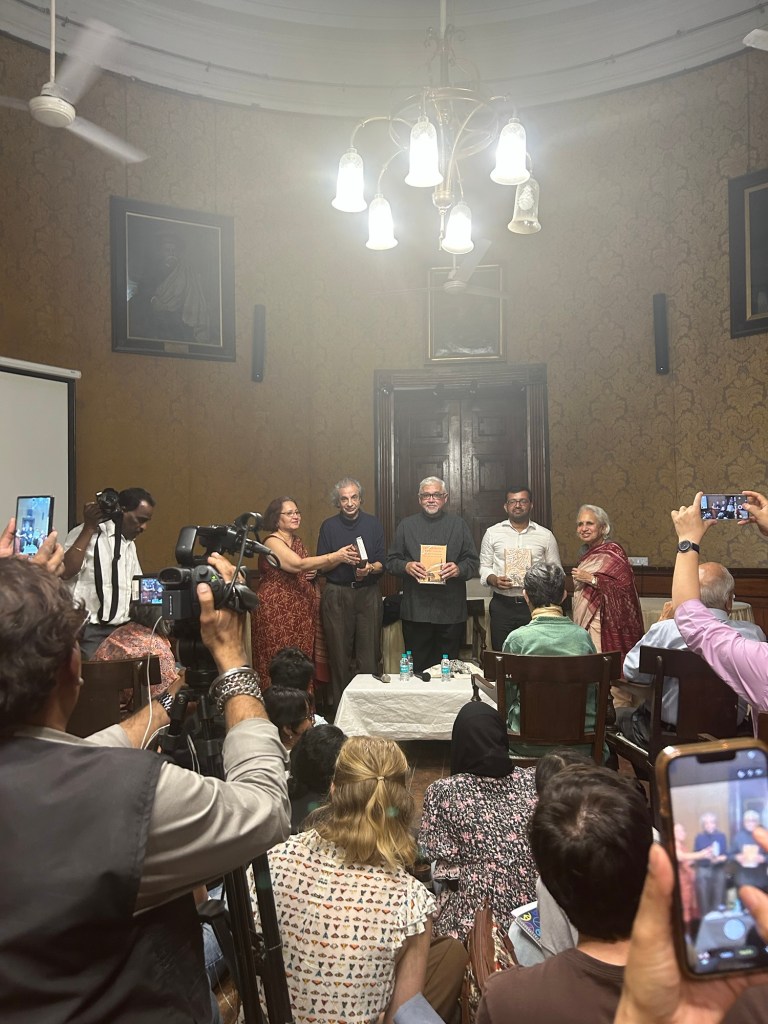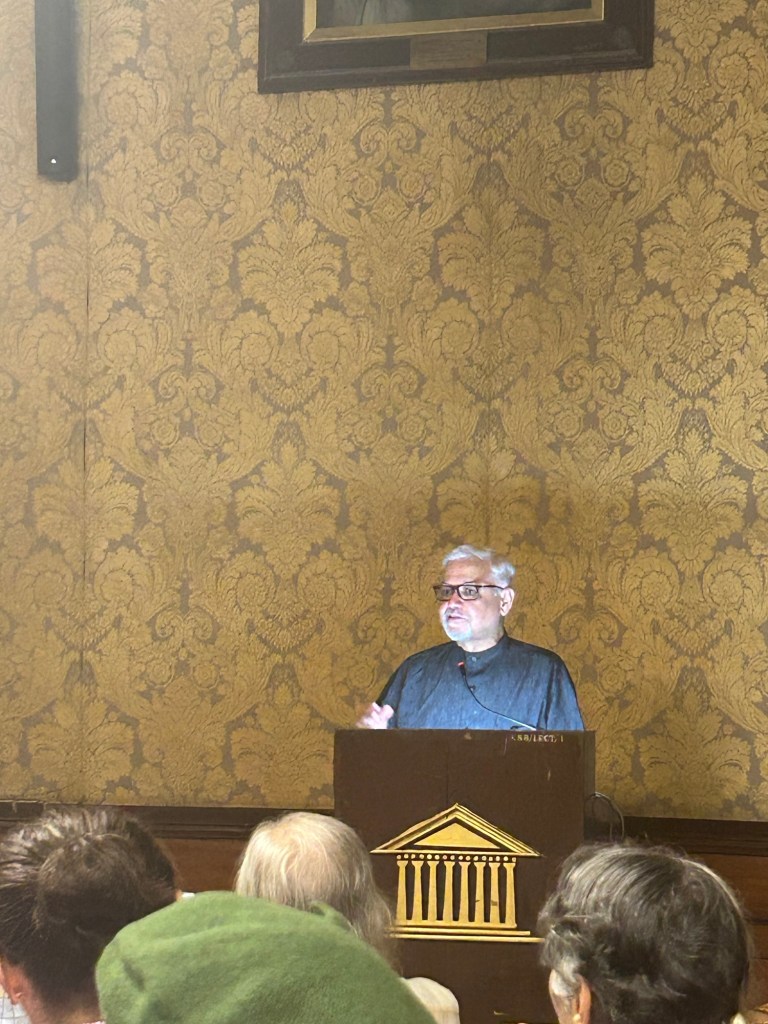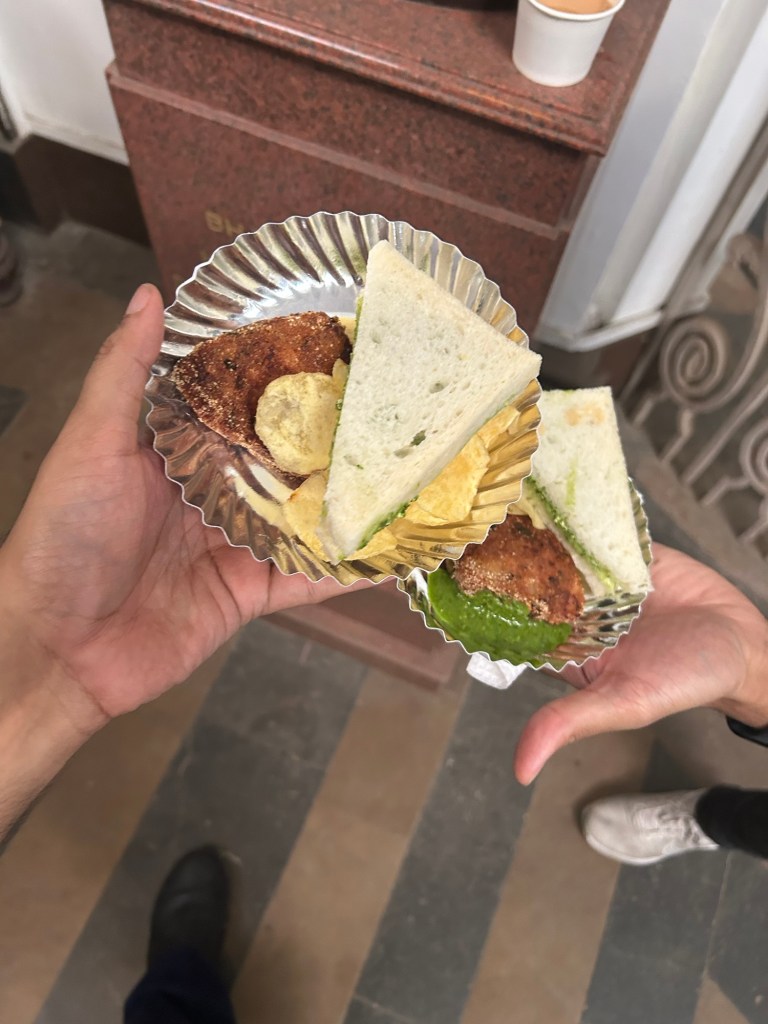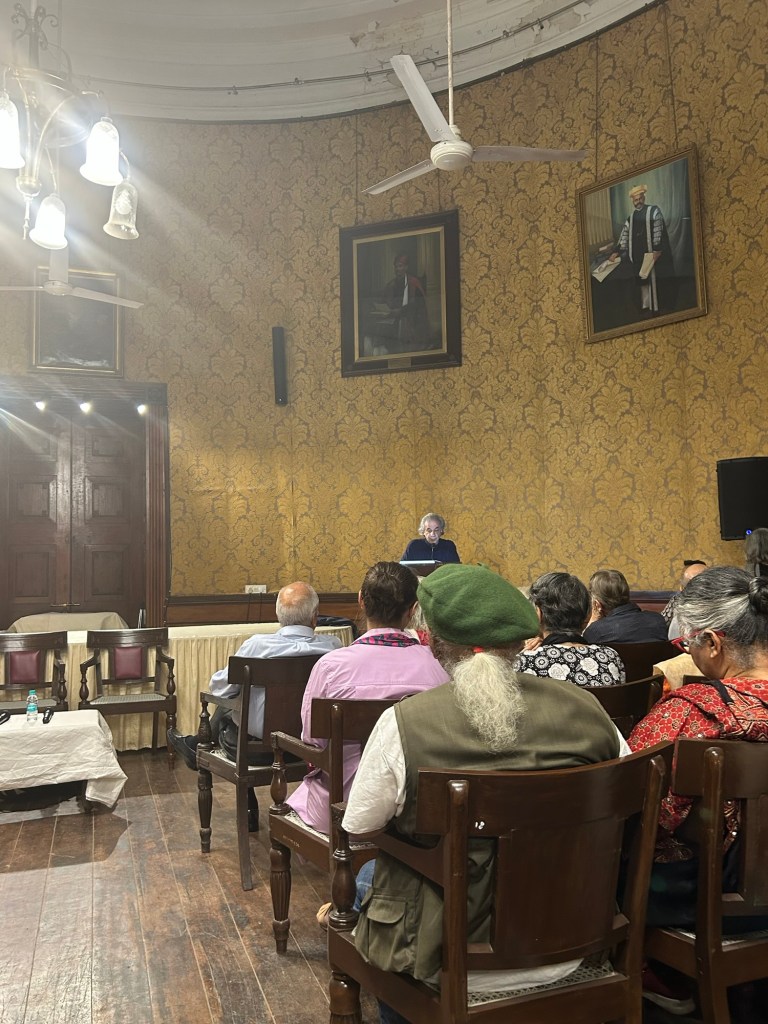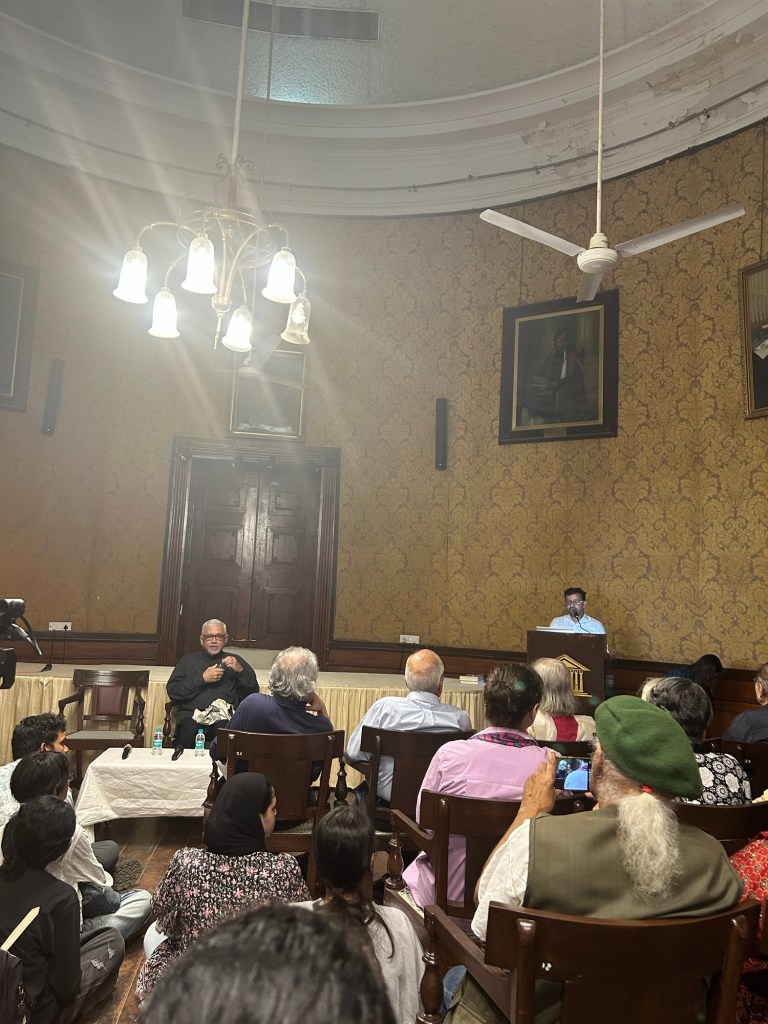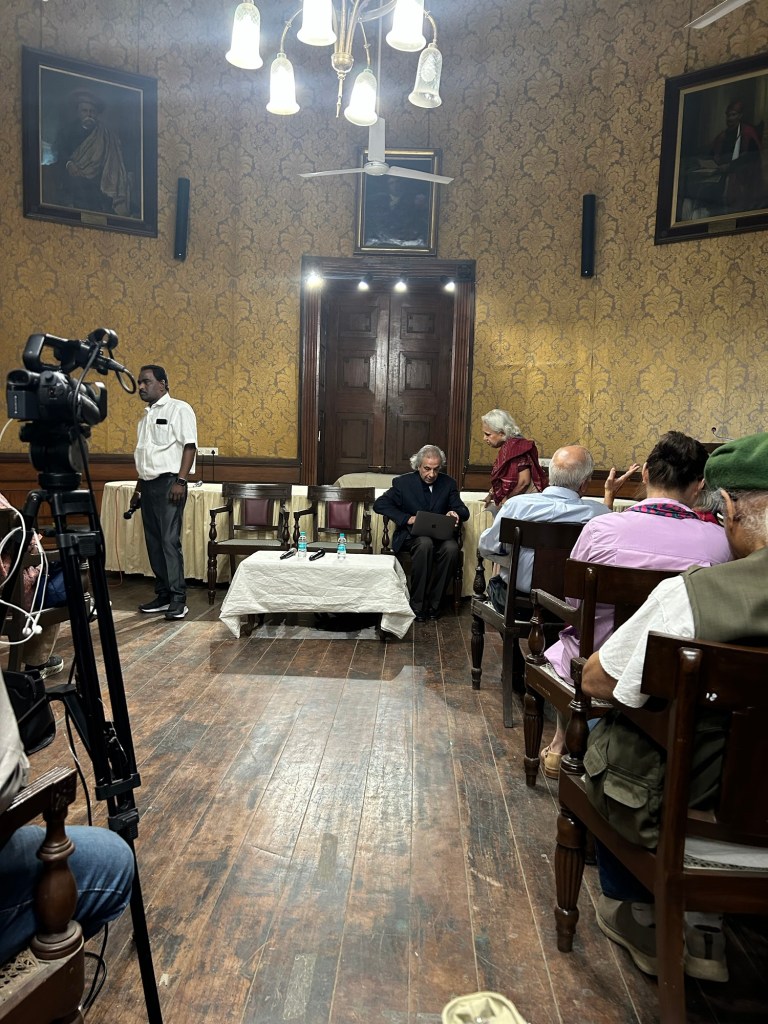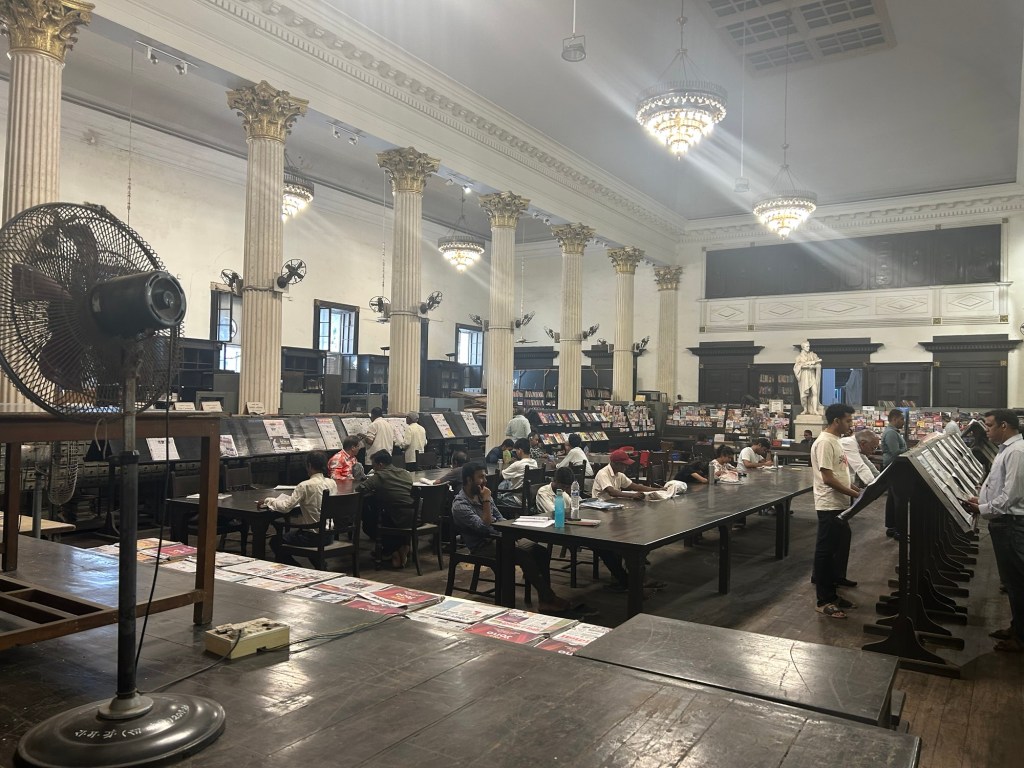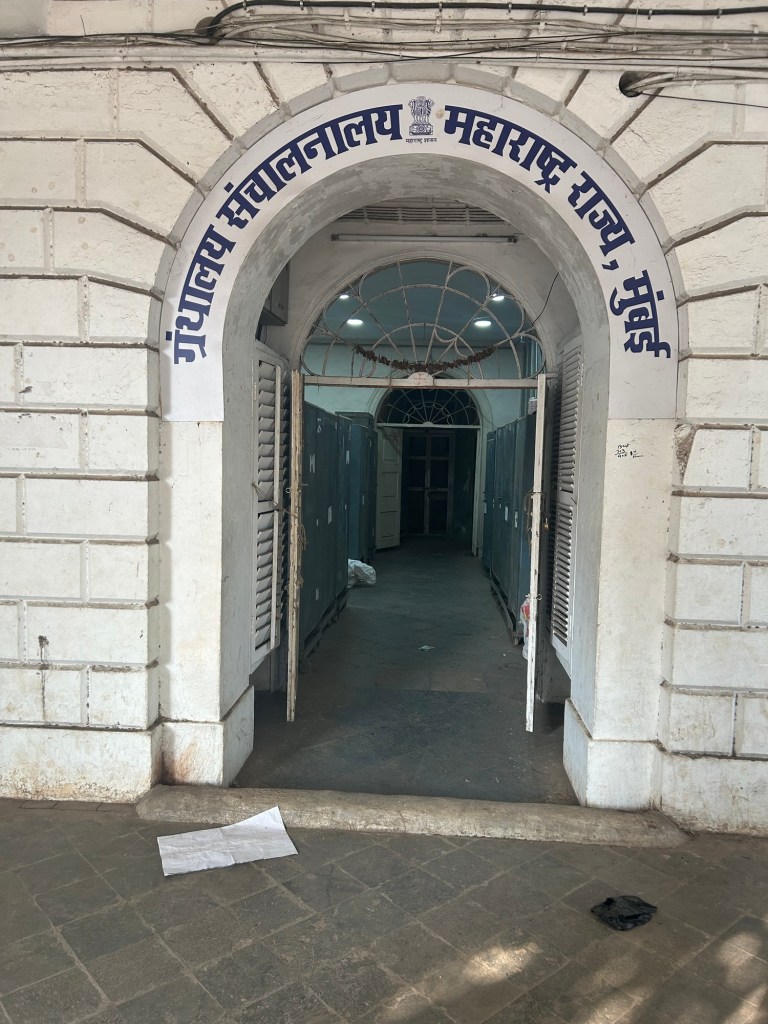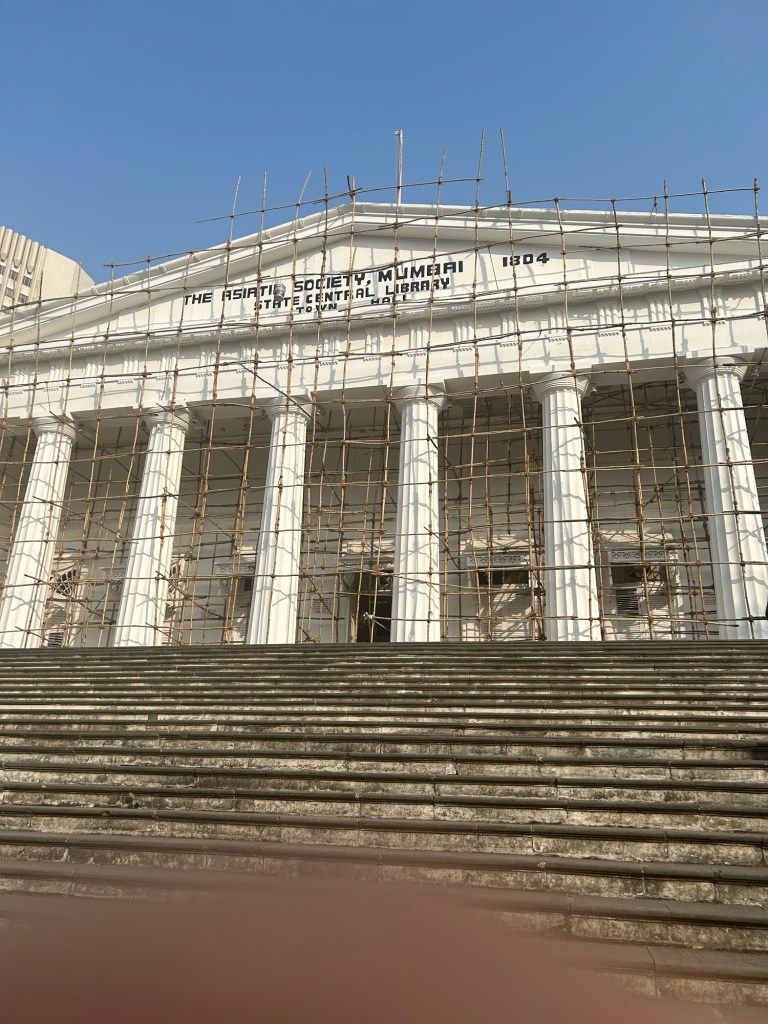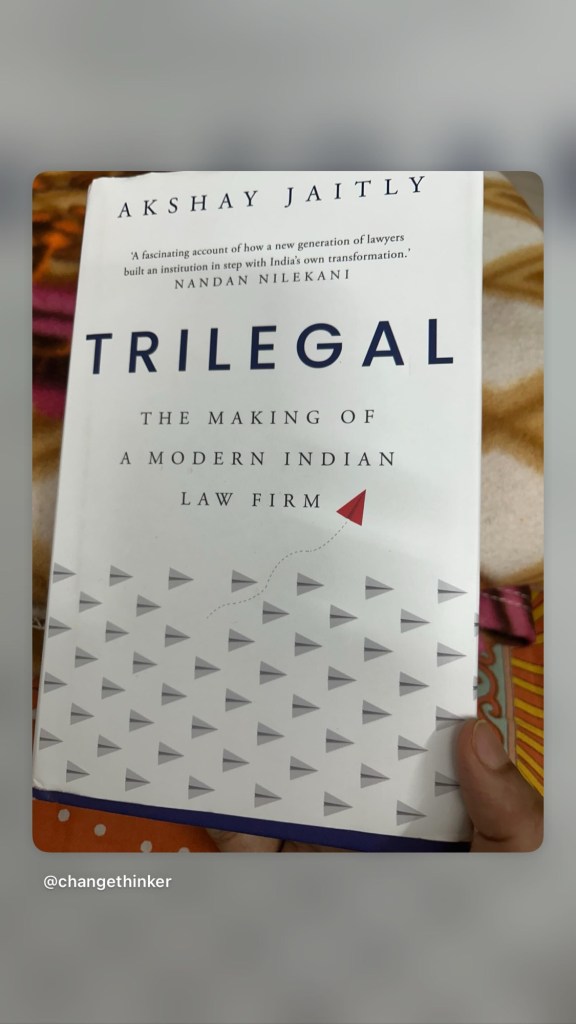Digital is an assault to the senses whenever we scroll our feeds on Twitter or the hard copy pink papers such as the FT. There are a few characteristics of the digital which are exemplary, ability to aggregate users and for pattern recognition, and fundamentally to shrink space-time. We are surrounded by technology, and the ubiquitous nature of digital has taken quarter of a century to emerge as is gauged from a16z’s conversation to Kevin Kelly. The human being in the realm of the digital is a ‘data-double’ which is a data point or a coordinate available for transition. Data is the new oil, but for whom?
The prowess of the digital spans a spectrum from the core to the periphery as per my conceptualization as a scholar of technology and society. The traits of technology will interact, refract, and diffract of the terrain of the community and the company, which ensure that the other vital C, the client has its pain point in everyday operations remediated or solved. The sectors which generate a massive tranche of data at a velocity are well suited for the digital economy. Aggregators of any typology from real estate to retail will bring the service to the tap of a smart phone. ‘On Demand’ is a feature of digital economy, however the digital incorporates human labor as a technology in terms of ‘Humans as a Service’ as per Jeremias Pressel in his Oxford University Press Book of the same name. Digital is not sans human labor, however digital maps, morphs and mutates the human of the human into digital features, which are conducted by human coders only to optimize the business value. However, the question which cuts through a knife into the haze of digital rhetoric is.
What additional value is the so-called digital transformation, adding to the consumer?
The core purpose of a business is to serve the client at the point of their need, to solve their problems at the best sustainable price, rather than blindly jump on to a band wagon without critically thing through the second order impacts. Oman struggles with the digital economy as the local cartography is pinned to the building number and the way number rather than a name, which makes deliveries harder to make. The cash centric culture also makes it challenging for the digital players to map transactions. The Omani consumer is price sensitive client and seeks to touch the product before making a purchase, although the culture as other things with time evolve.
The cab transportation sector in Muscat was ripe for disruption as flagging a cab on the street at 45-degree August heat during peak summer was a strain especially when one is with elderly parents. But with the presence of digital cab aggregators such as O Taxi, it makes for a better quality of life in turn better businesses. In India, Cash on Delivery is a feature of local adaptation of the aggregator economy. The digital is therefore a plastic wrap which covers the product. The optimizer rather than the substrate, bringing a disparate set of actors to the consumer, and not a universal panacea.
Each local culture will lend imports into the digital paradigm, and Gulf will do the same. The applicability will also depend on the user case. It is about time that the focus is shed back on the need rather than the shiny possibilities that the digital offers, keeping in mind the culture. With the gulf in the post oil, post pandemic scenario laser focused on job creation, digital is an opportunity for reskilling but also deskilling where low-income labor will be impacted. Digital is therefore deeply contextual, and the youth would have to be skilled as per the risks as well as the potential.
Re-blogged from : Digital Transformation | Solving pain points (ketnode.com)
